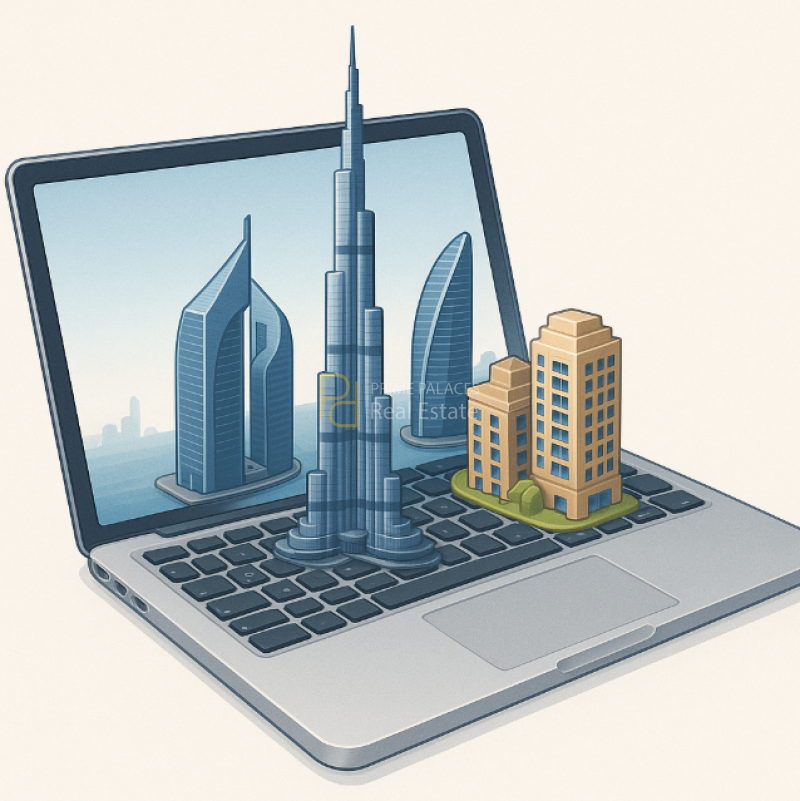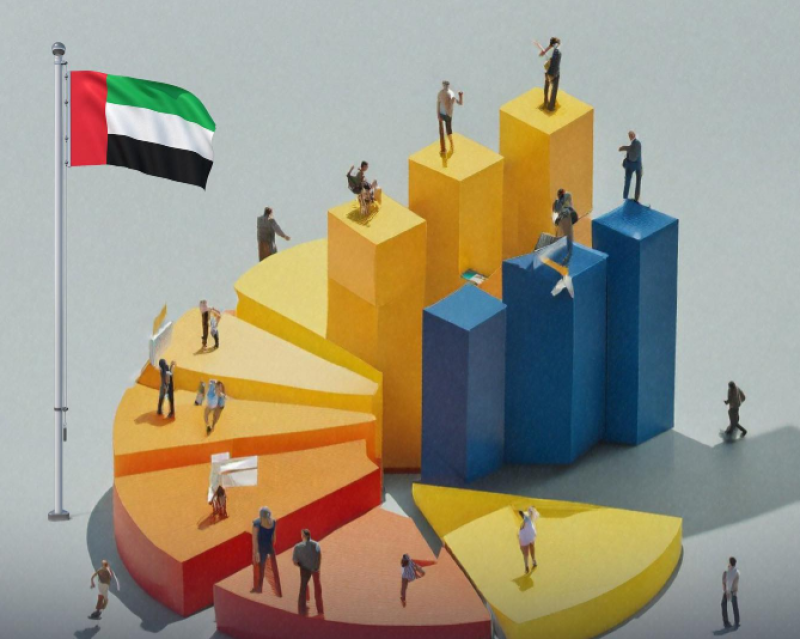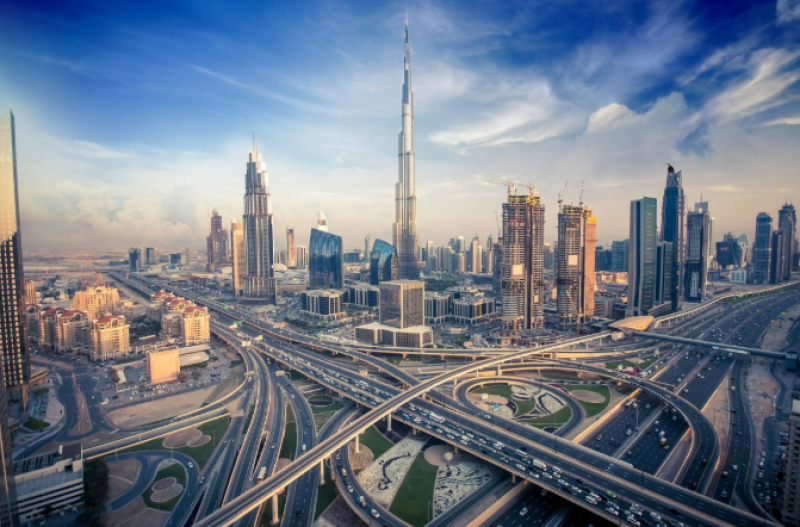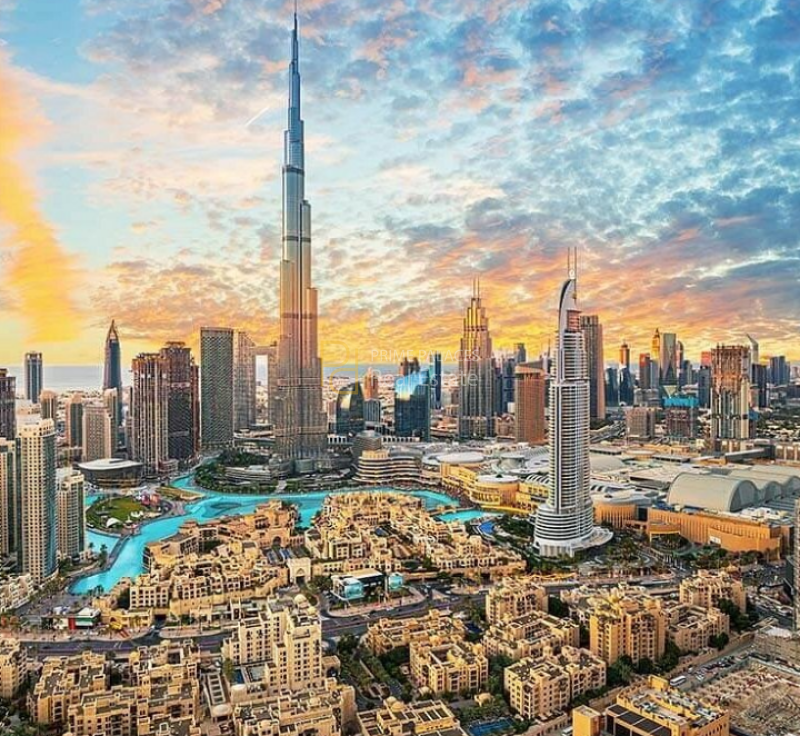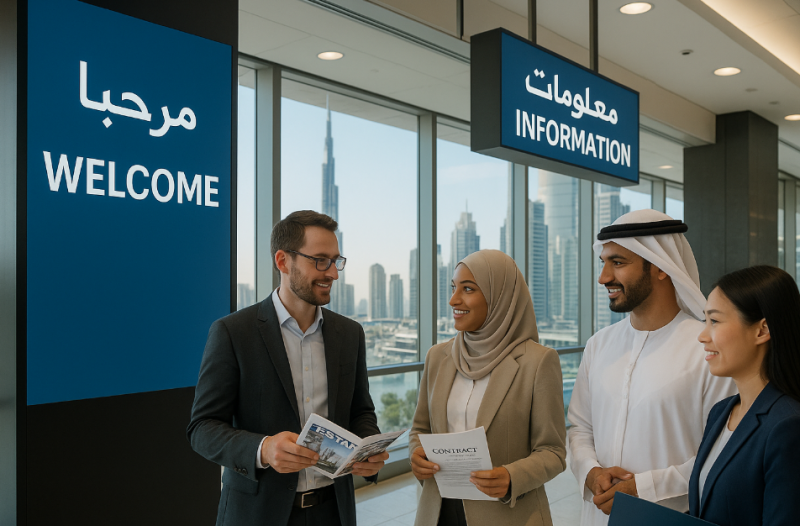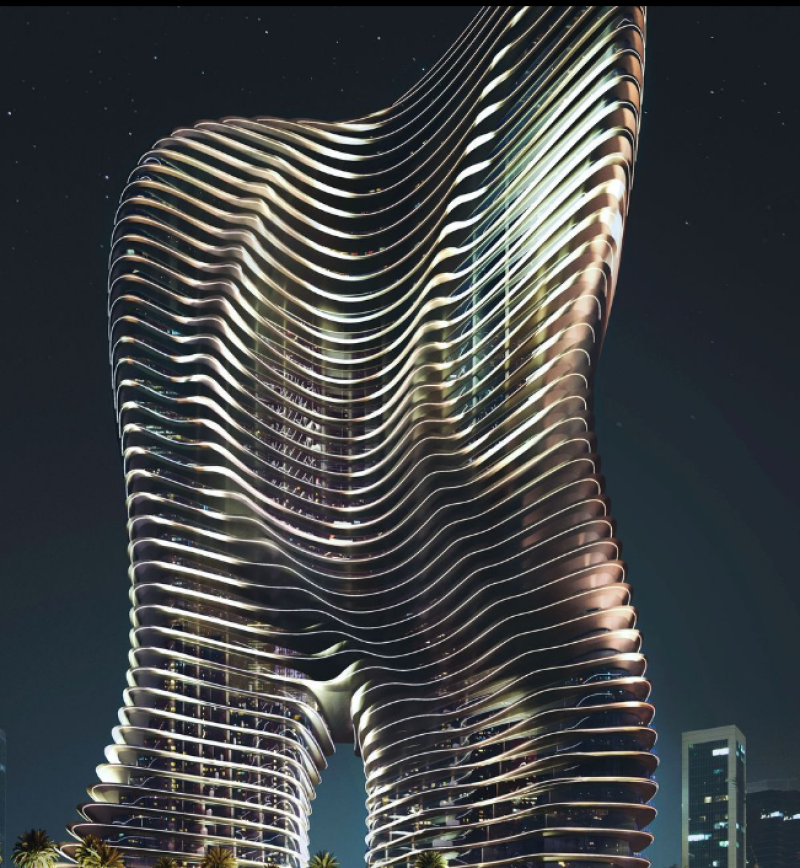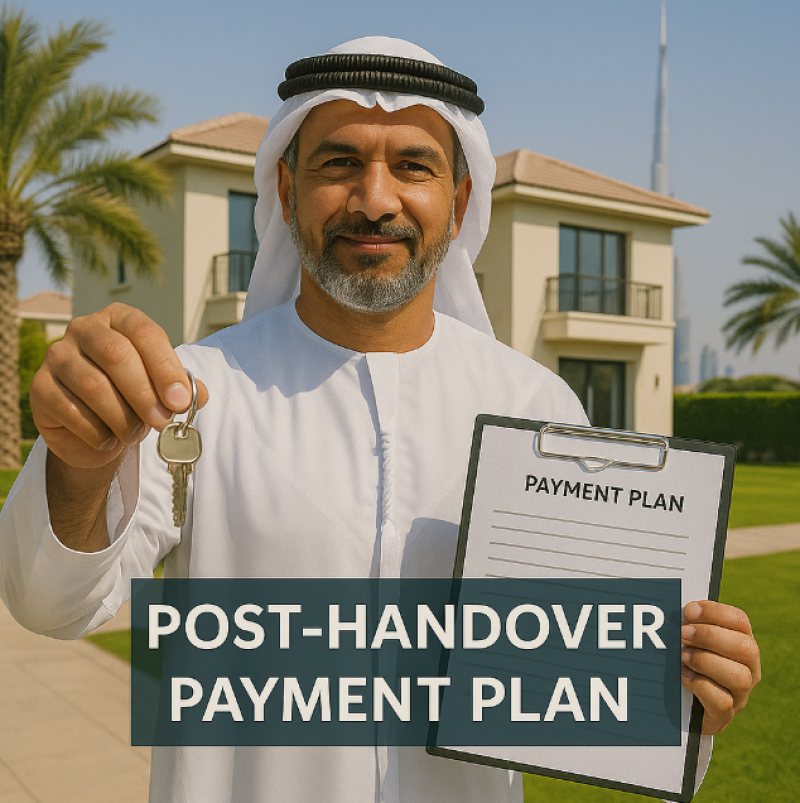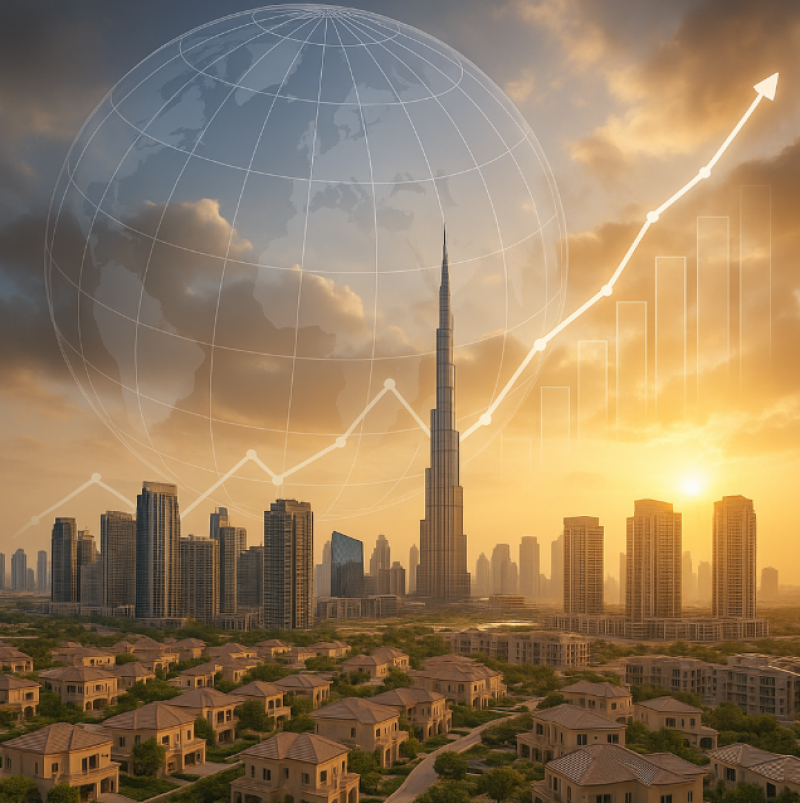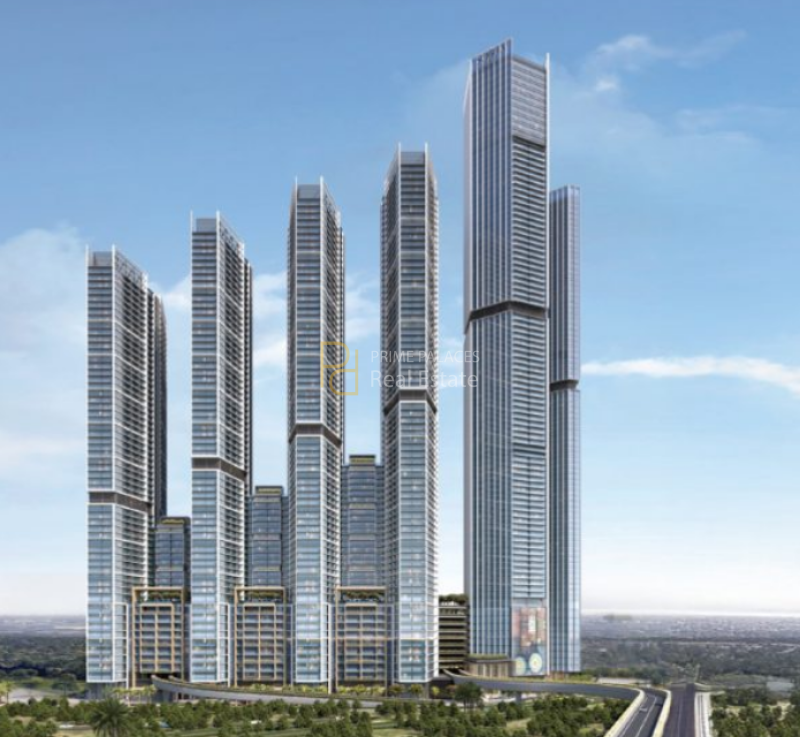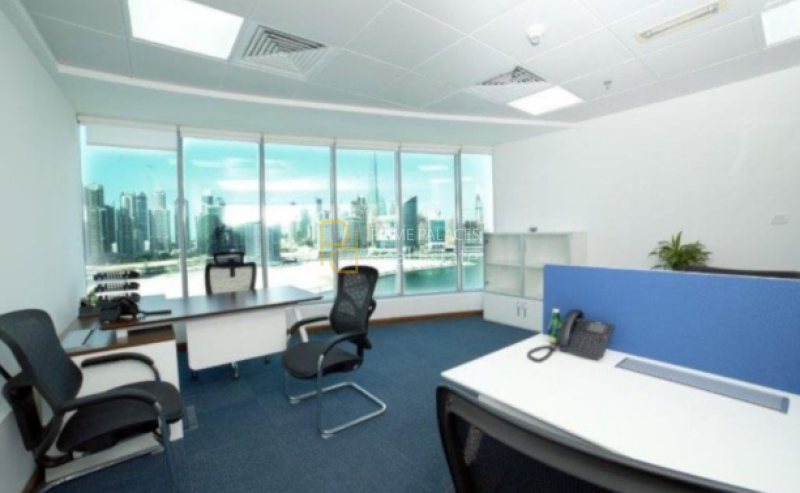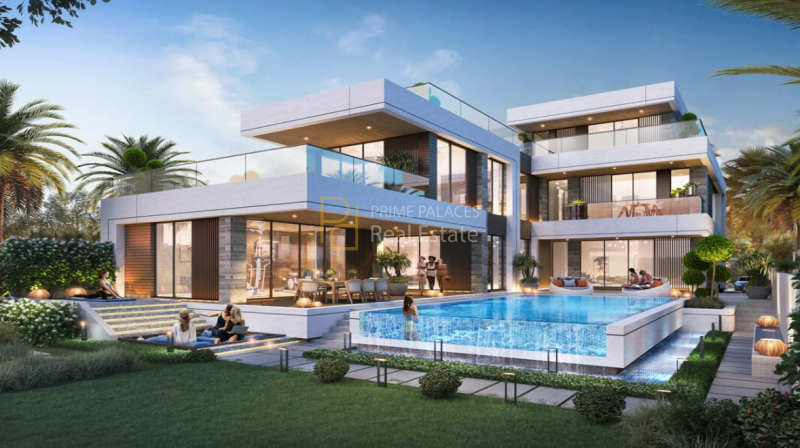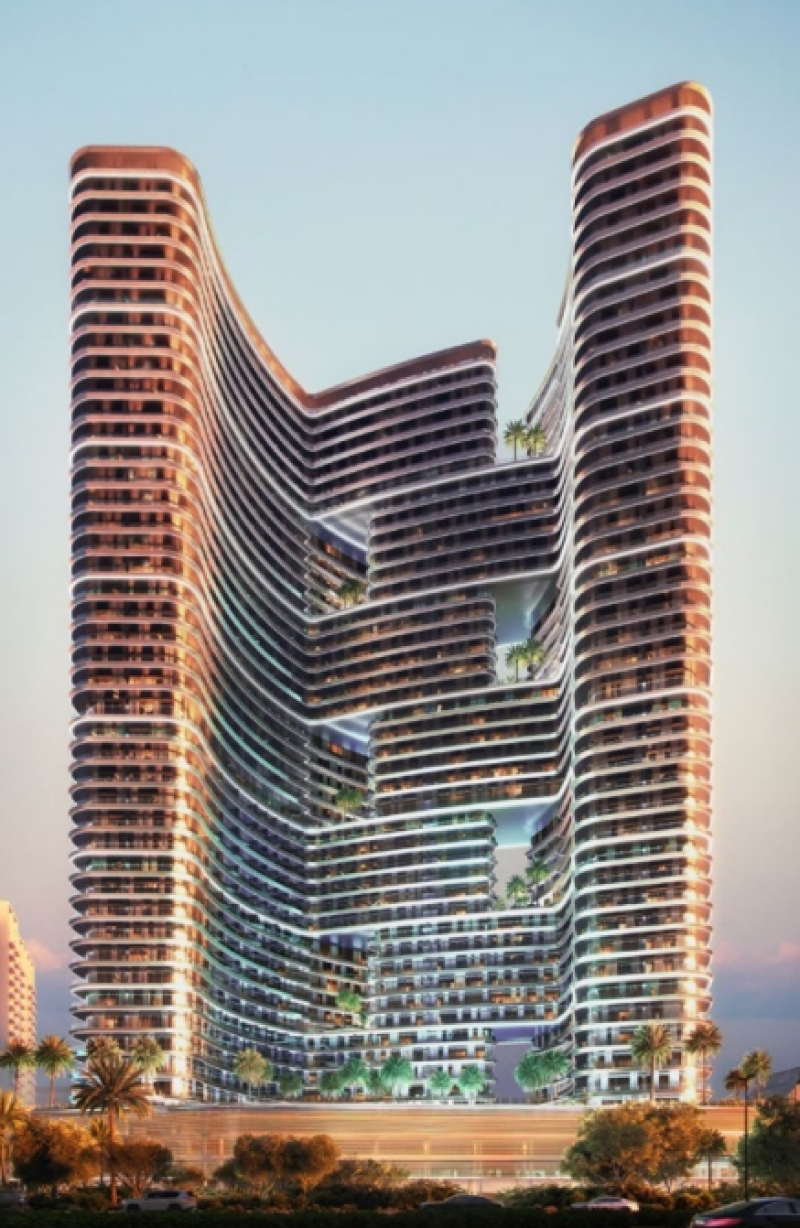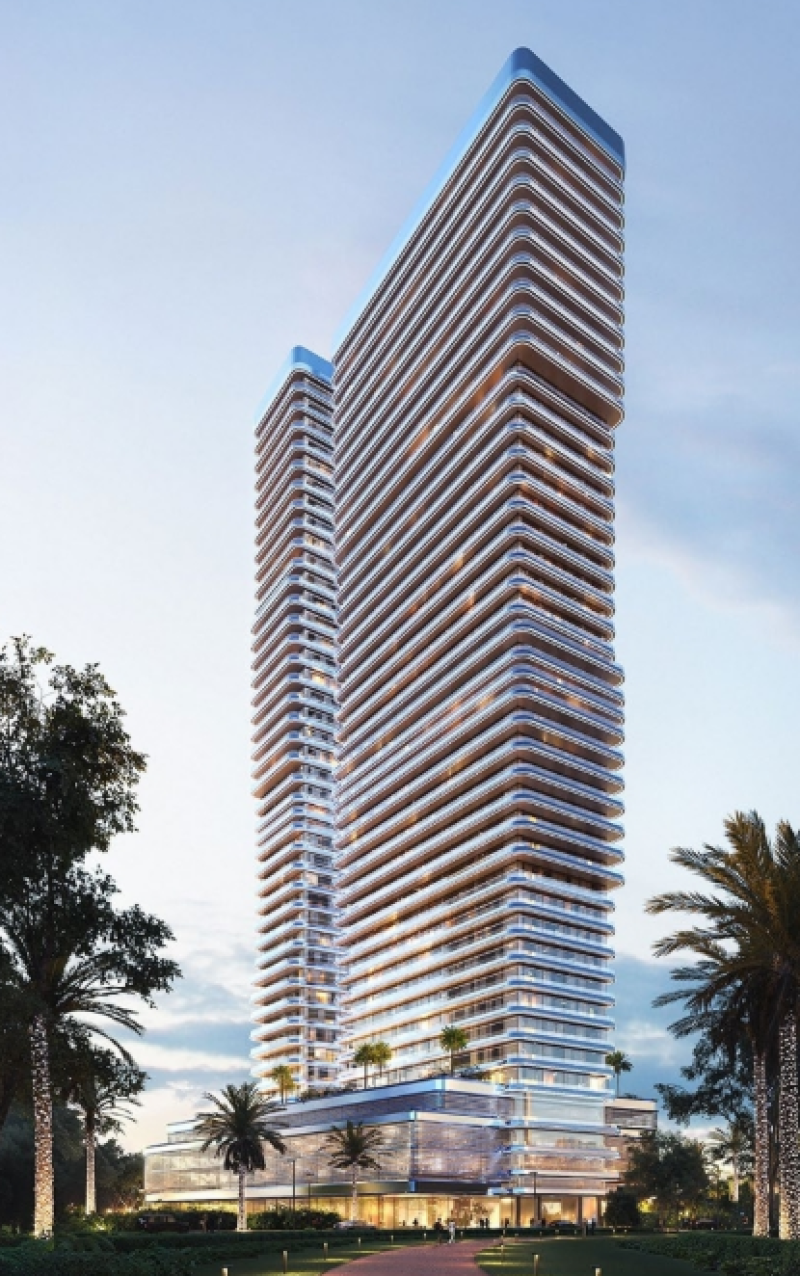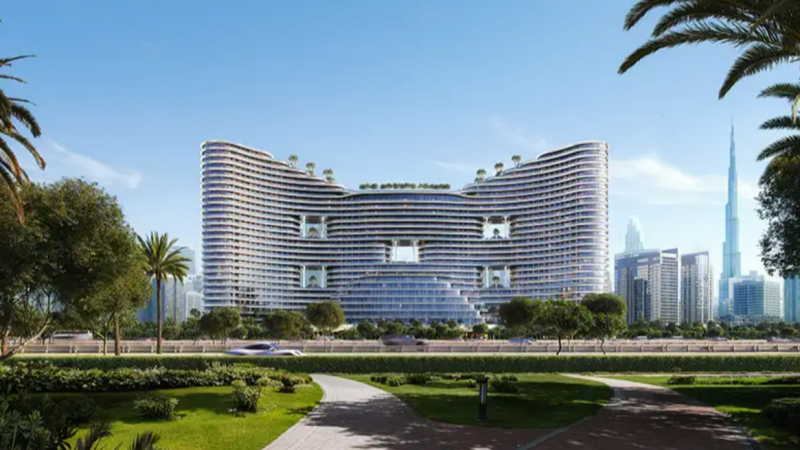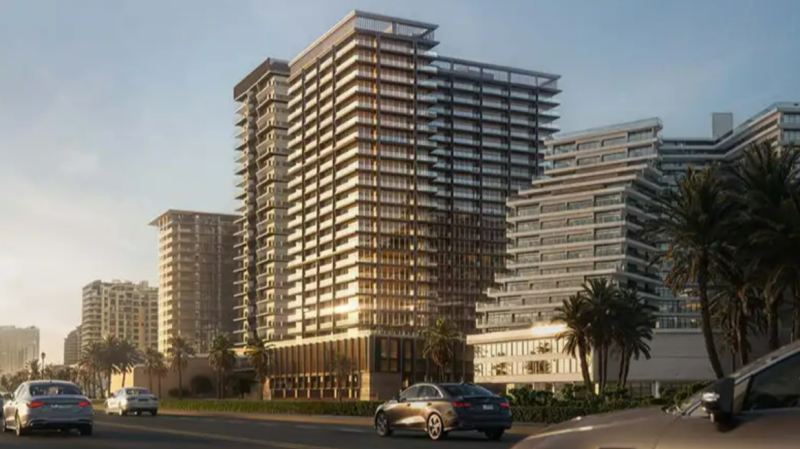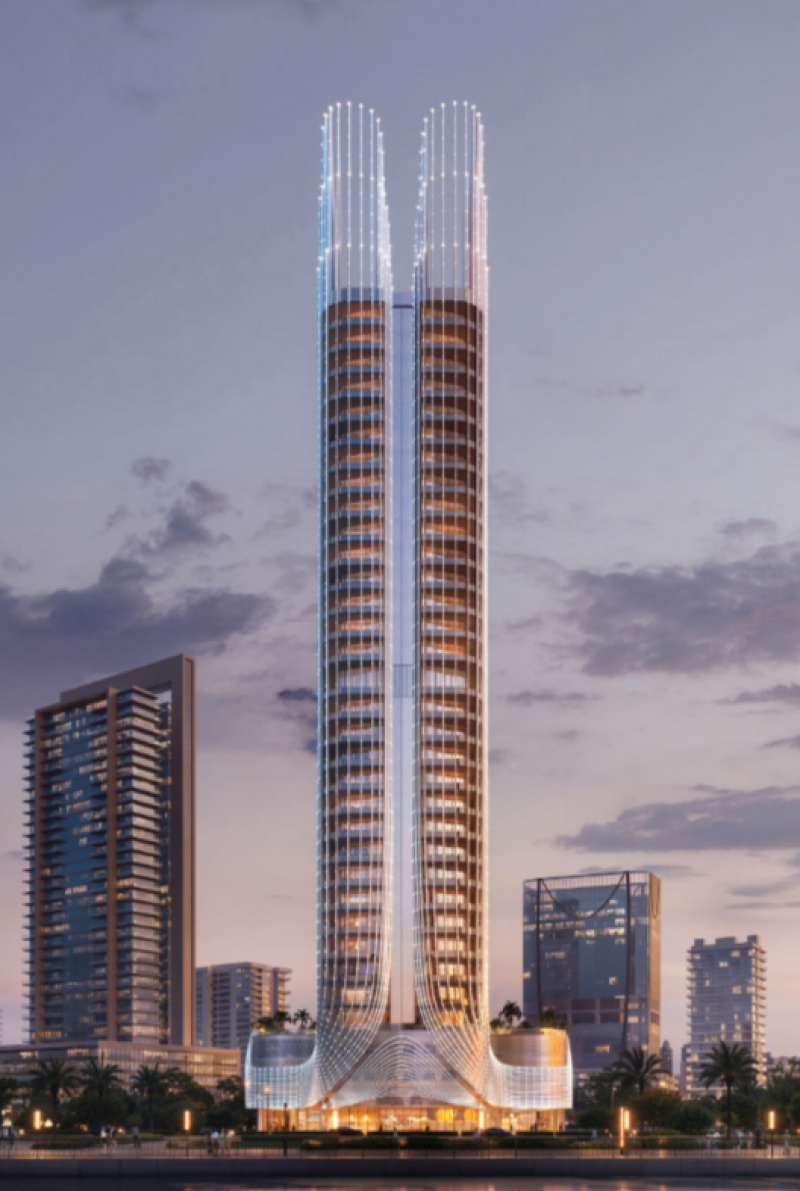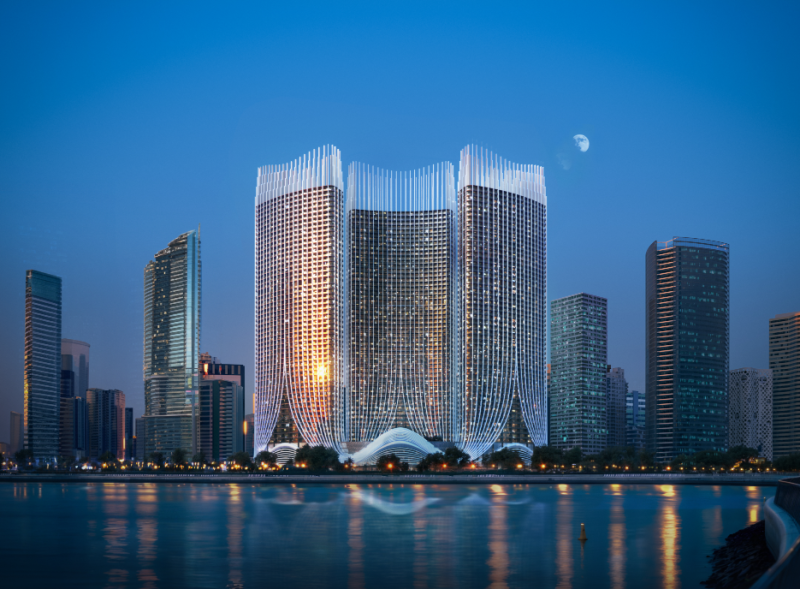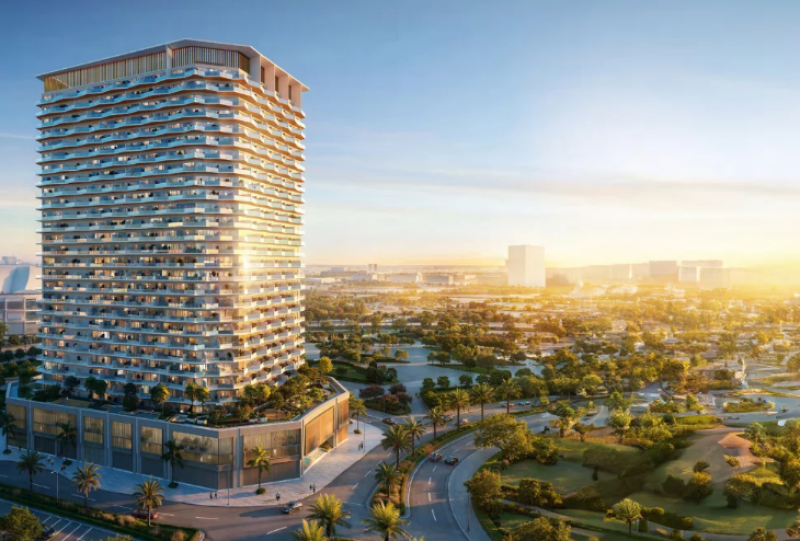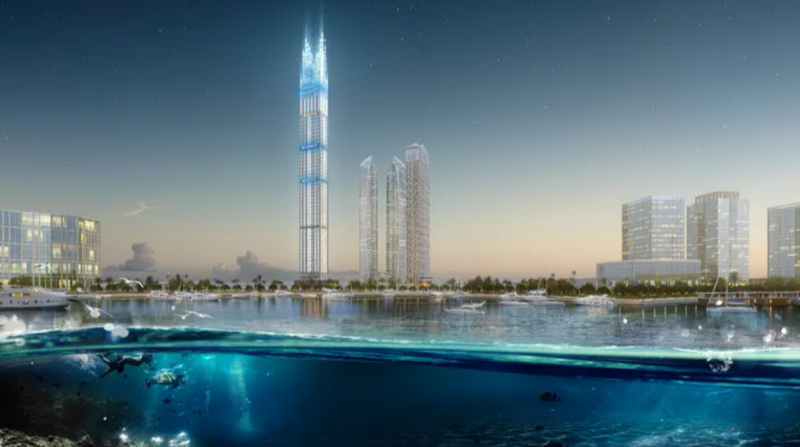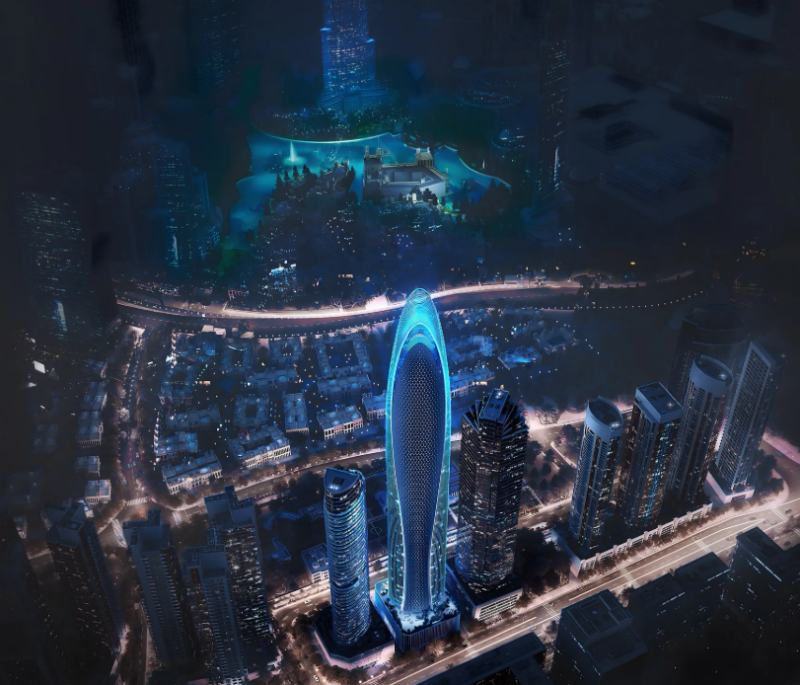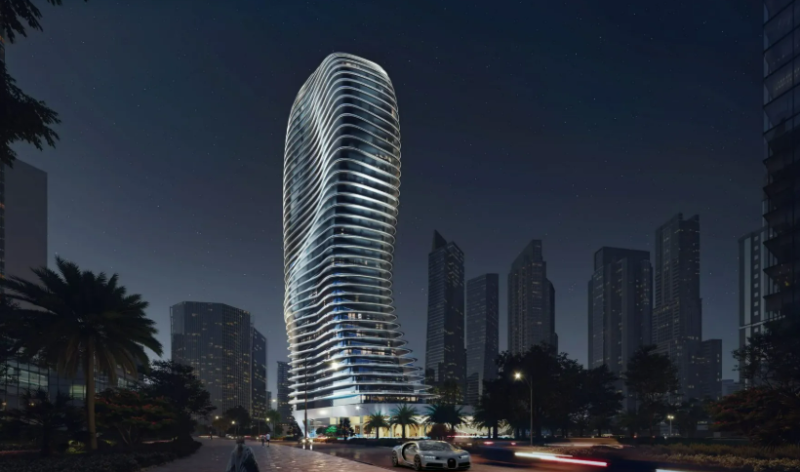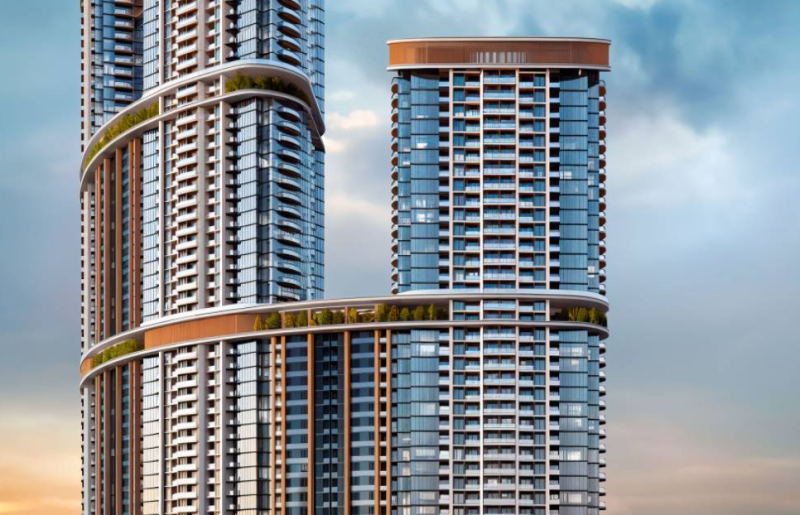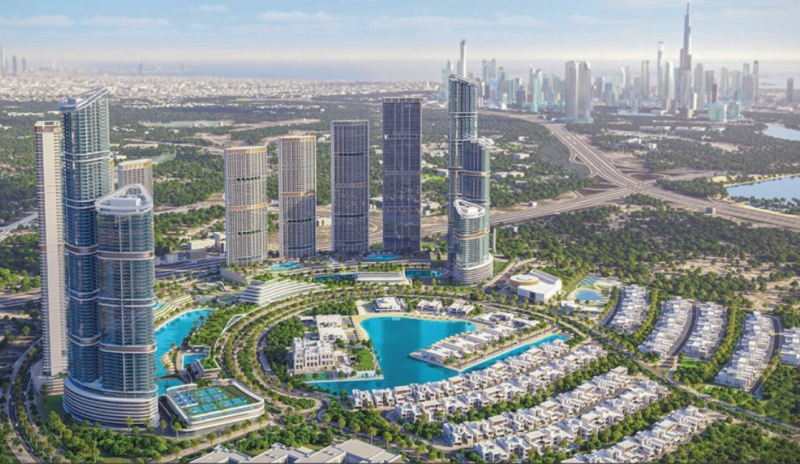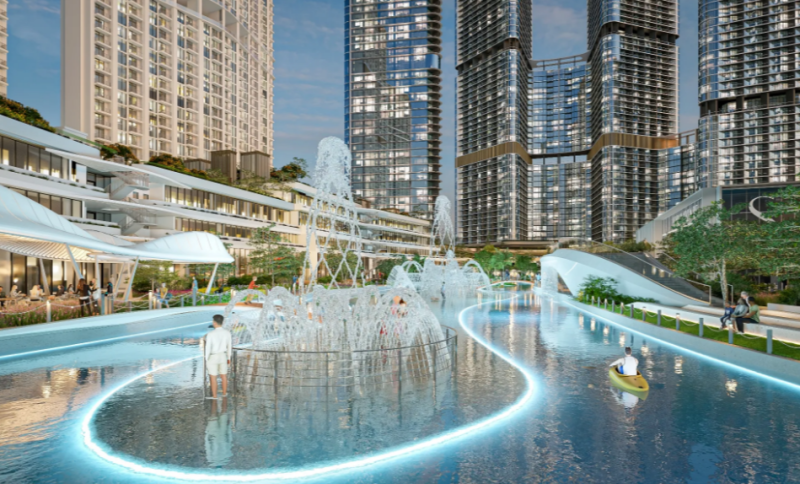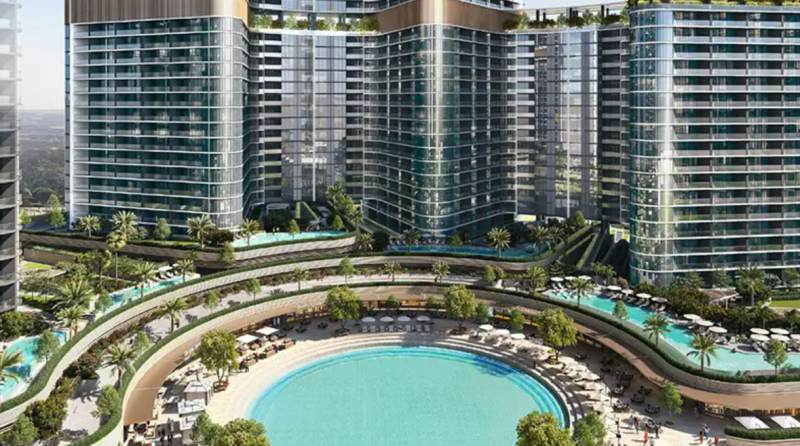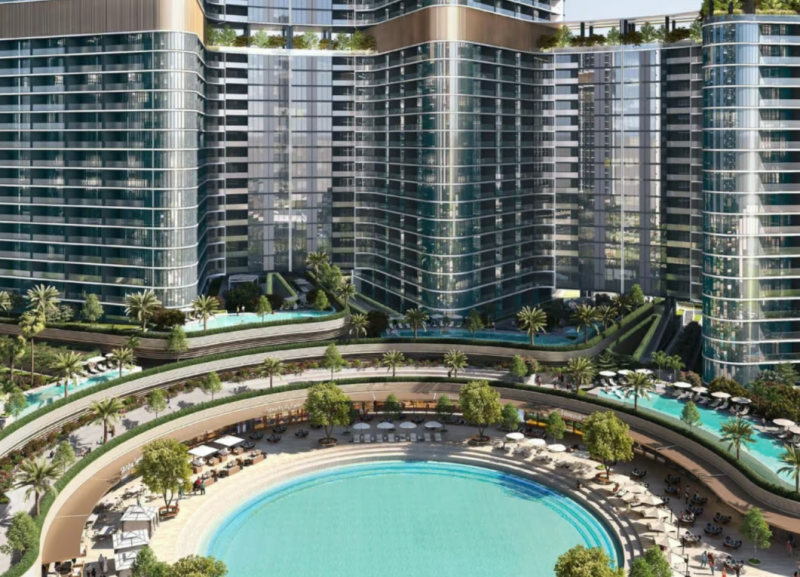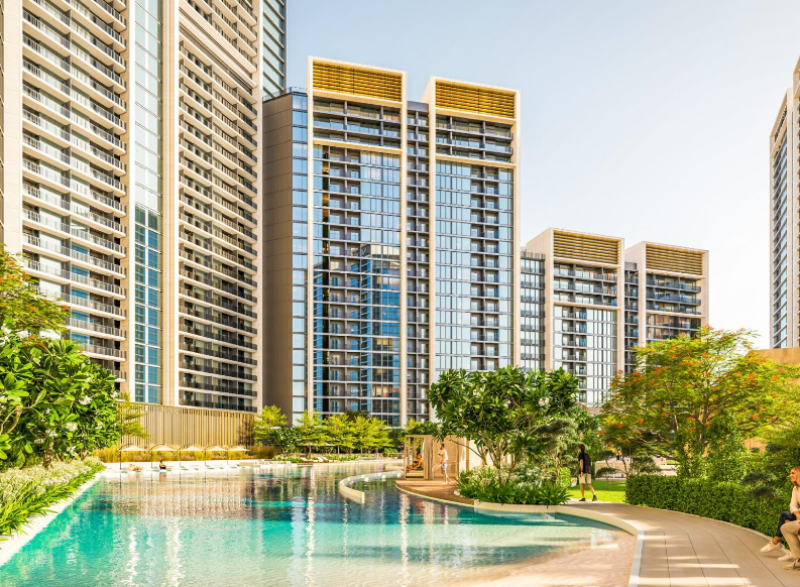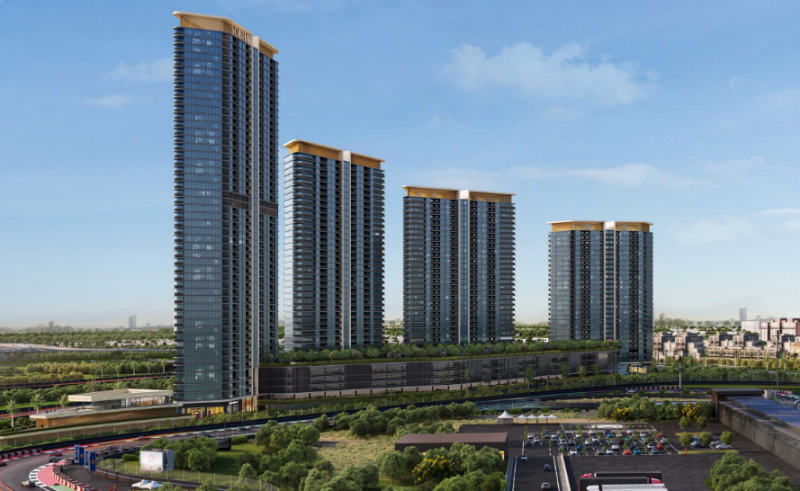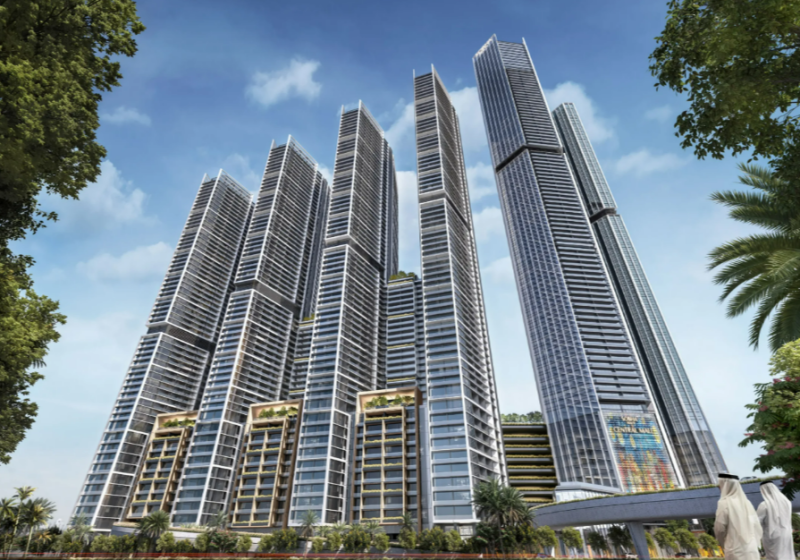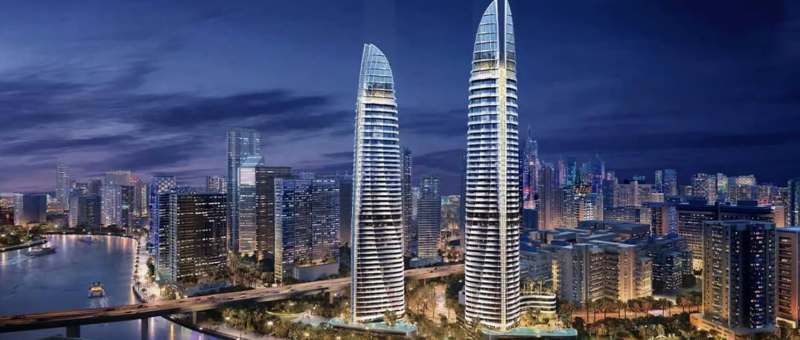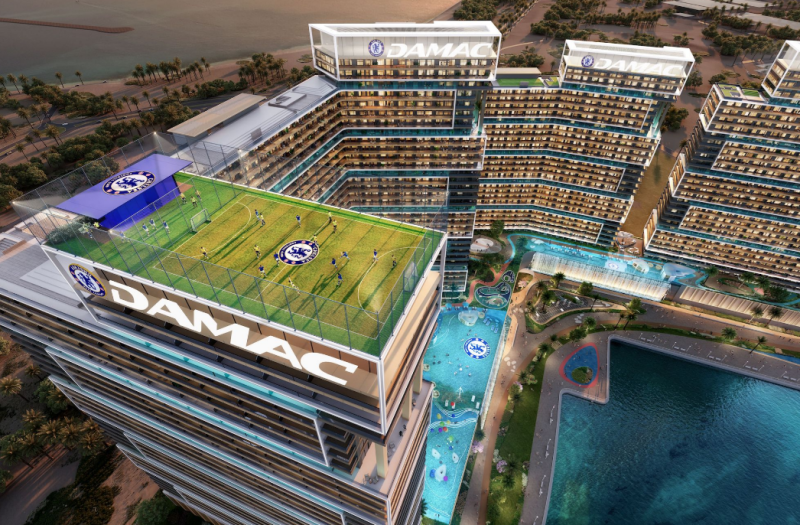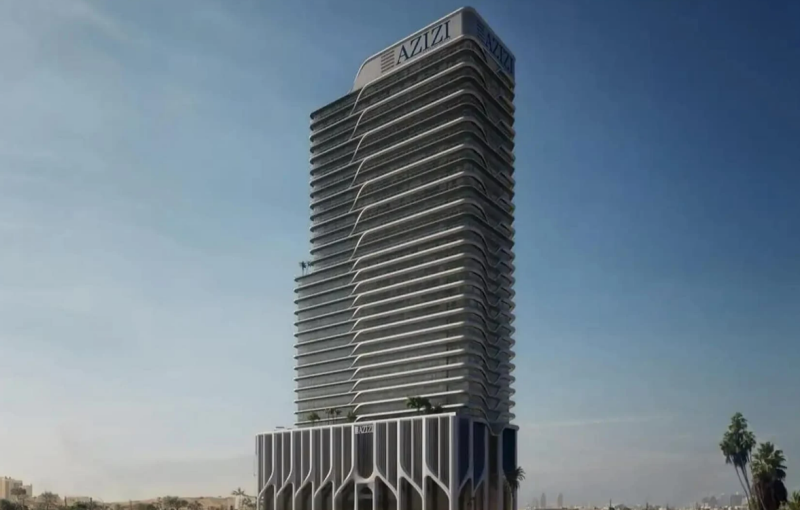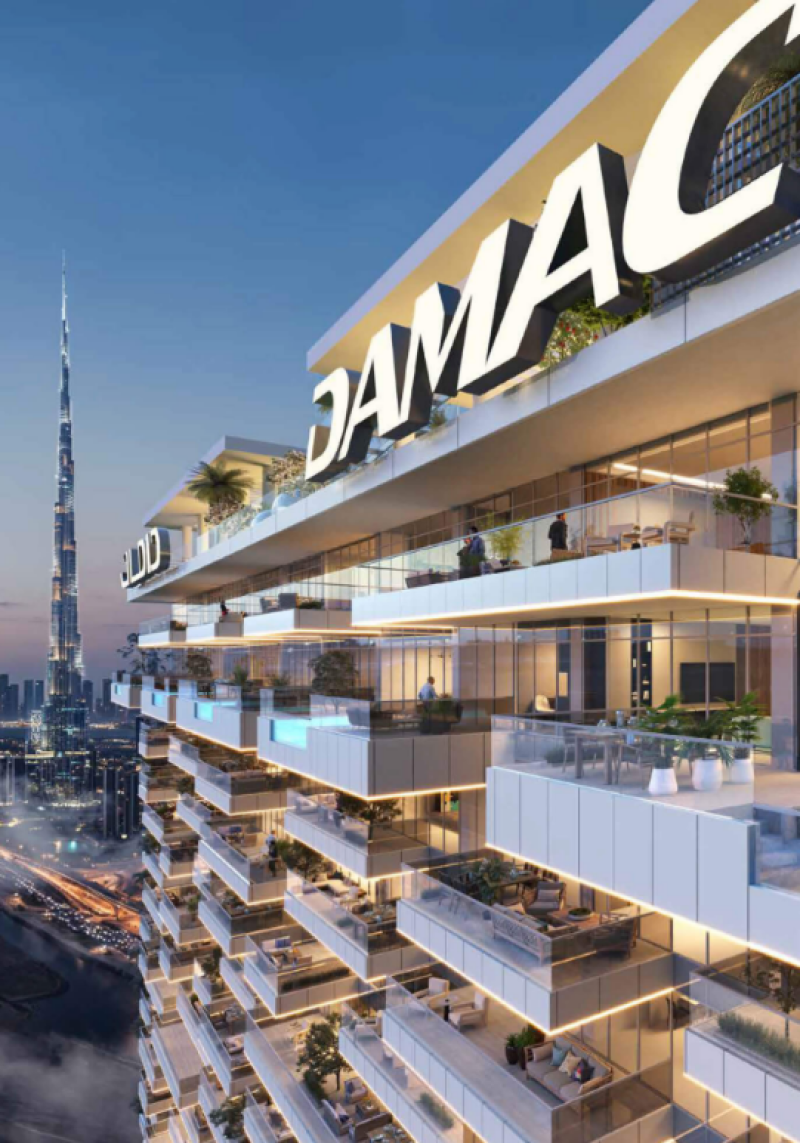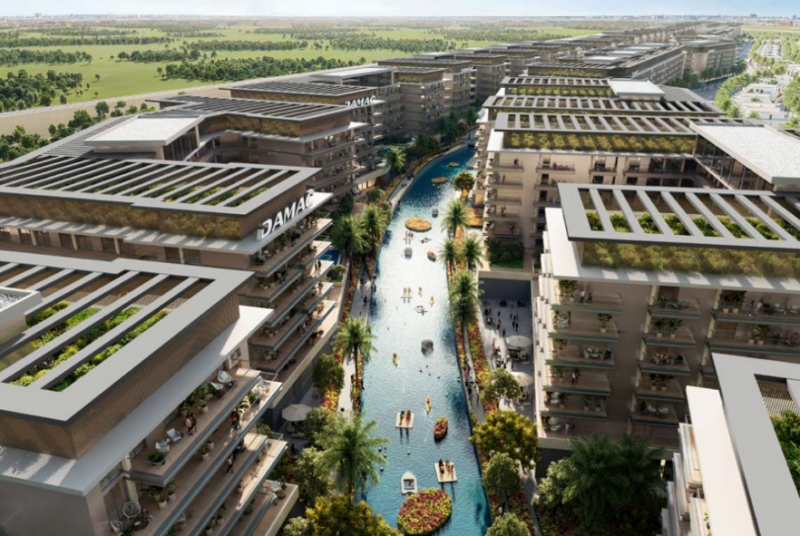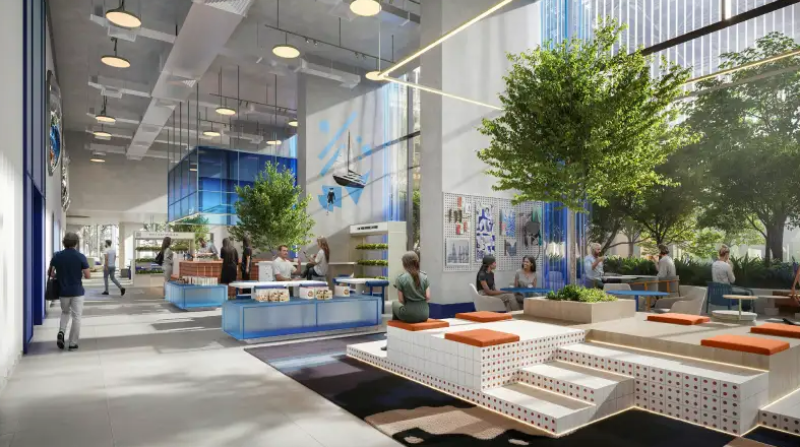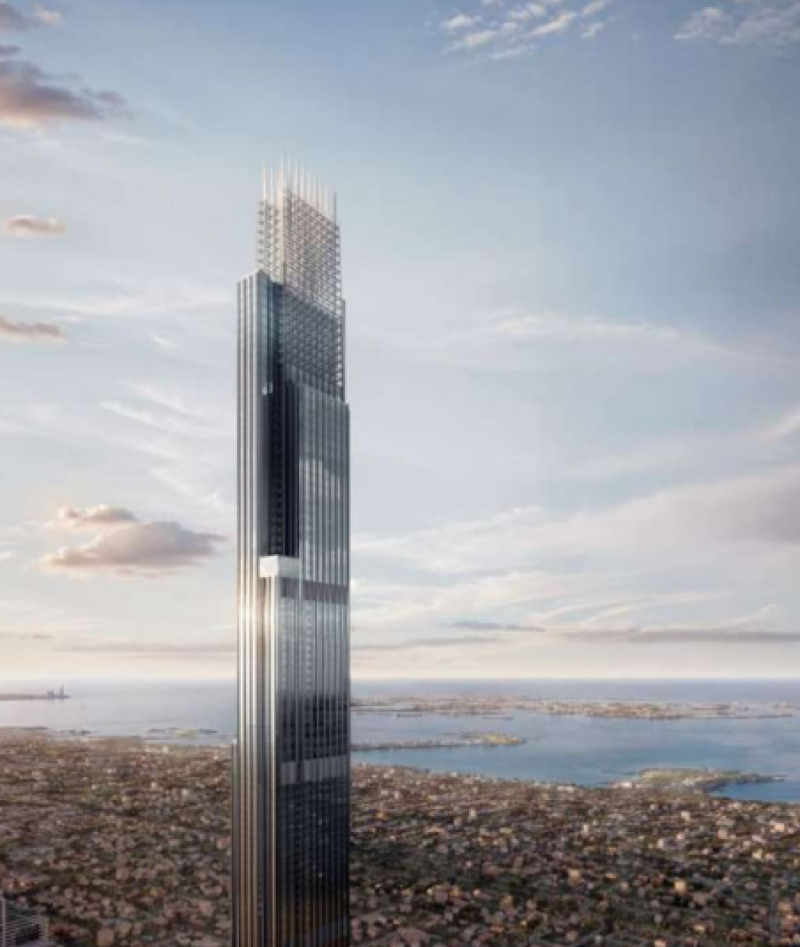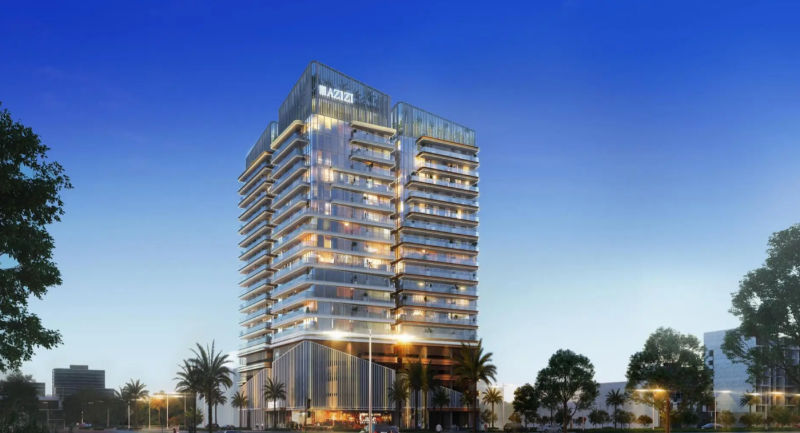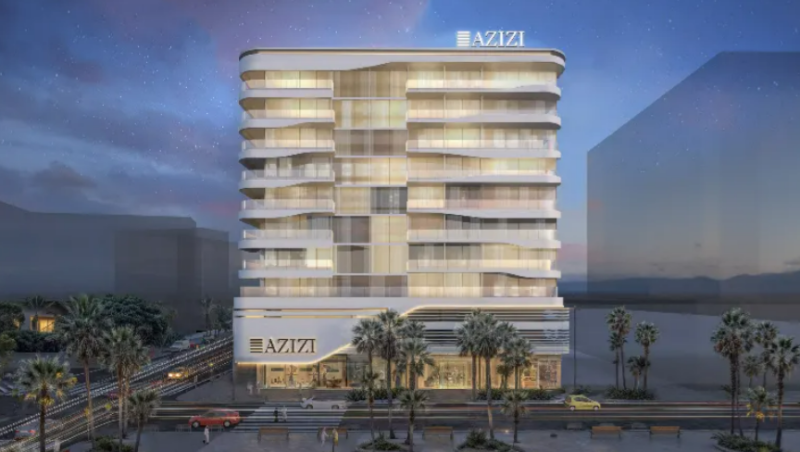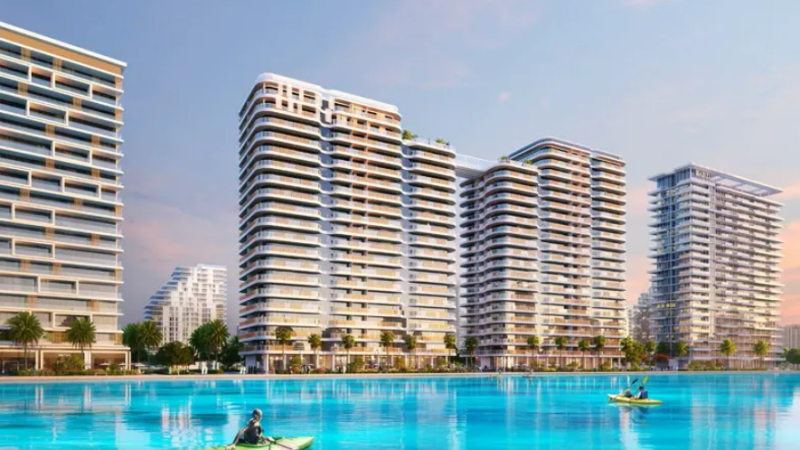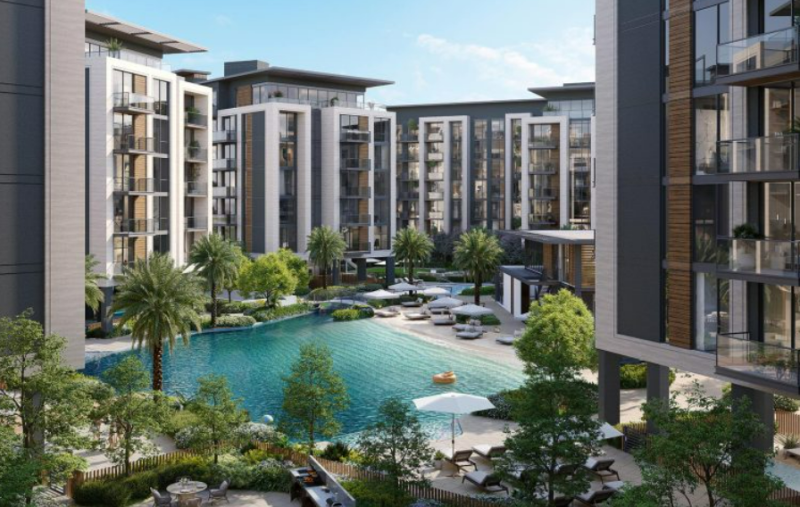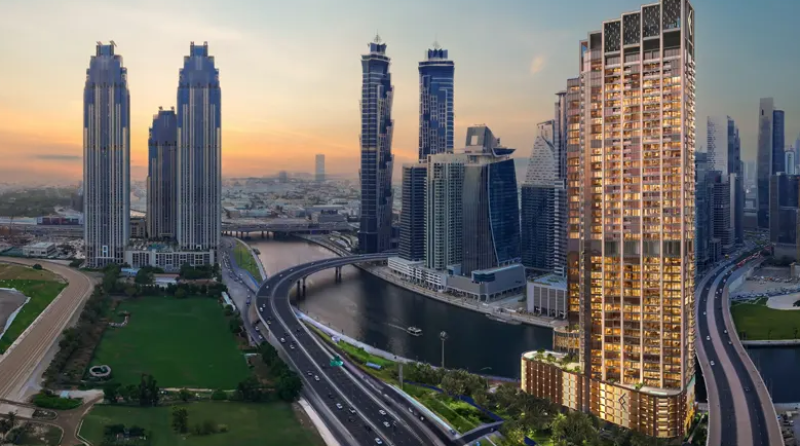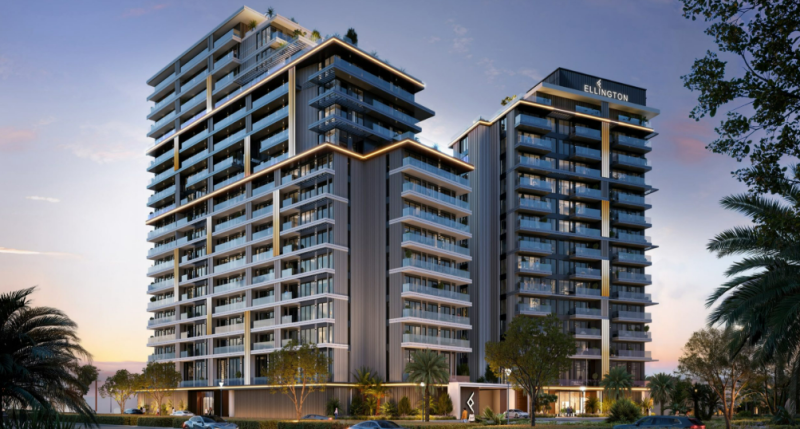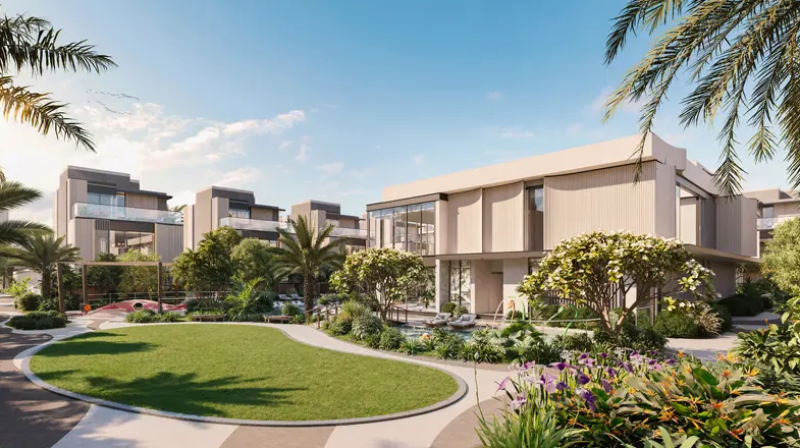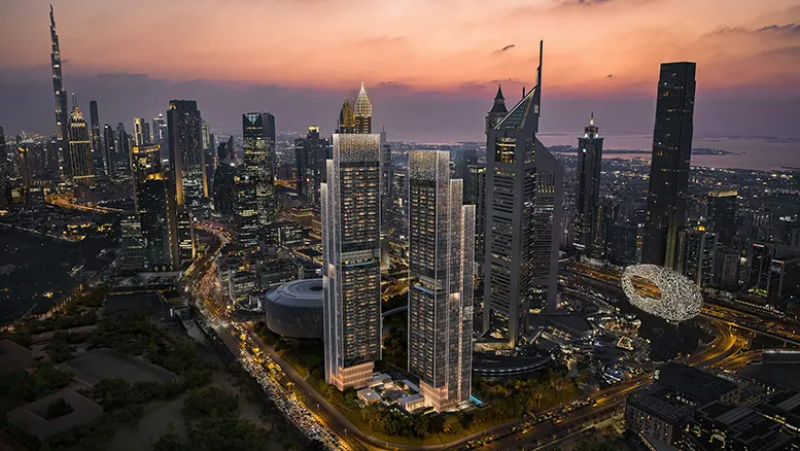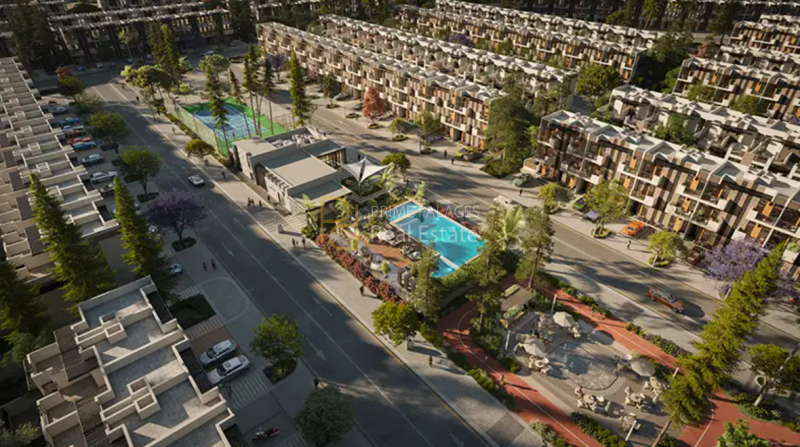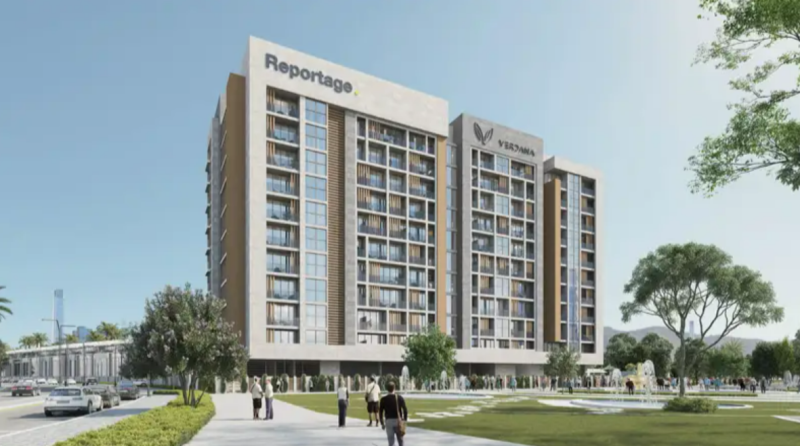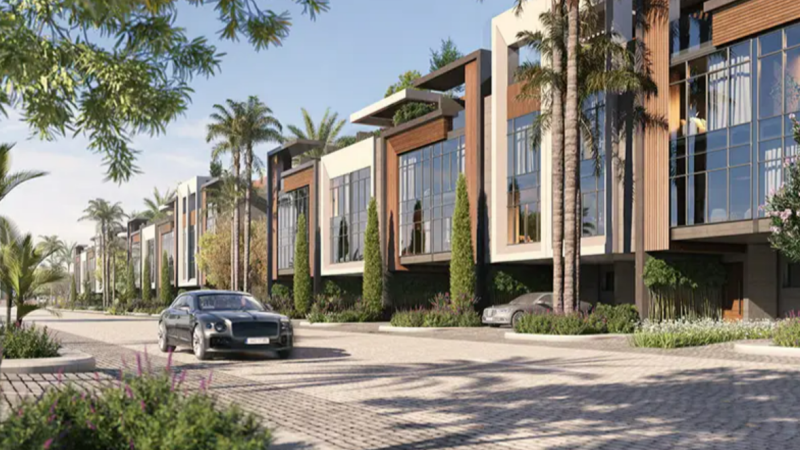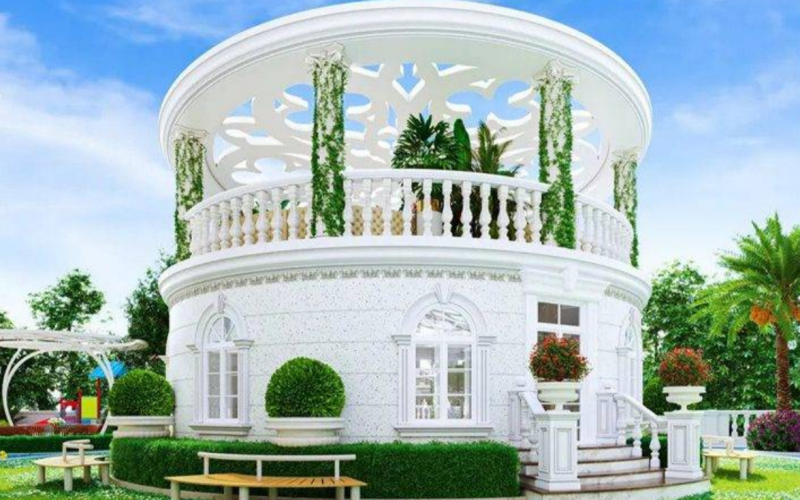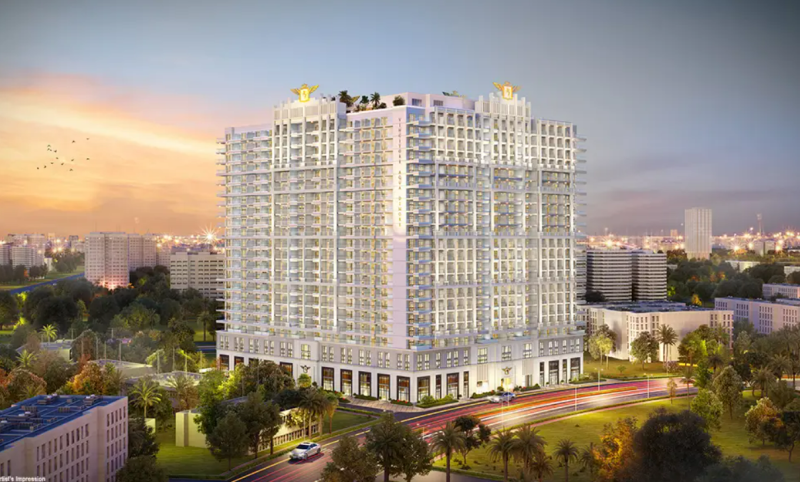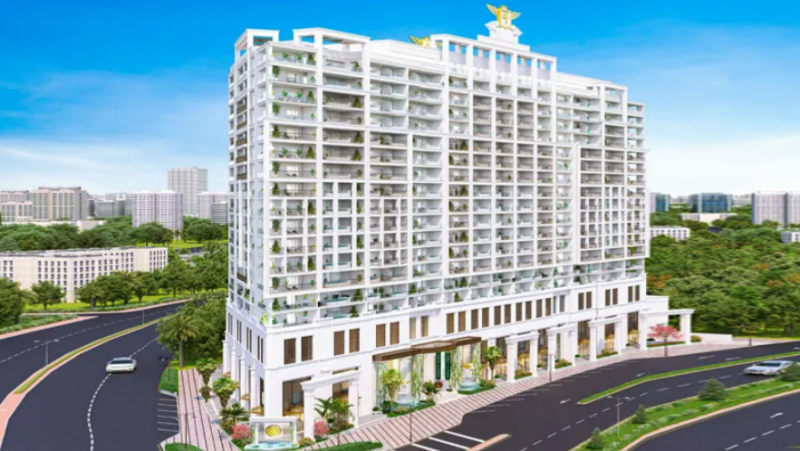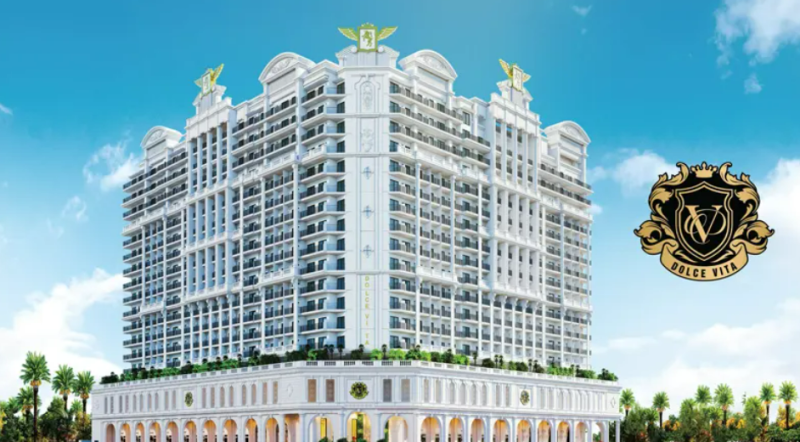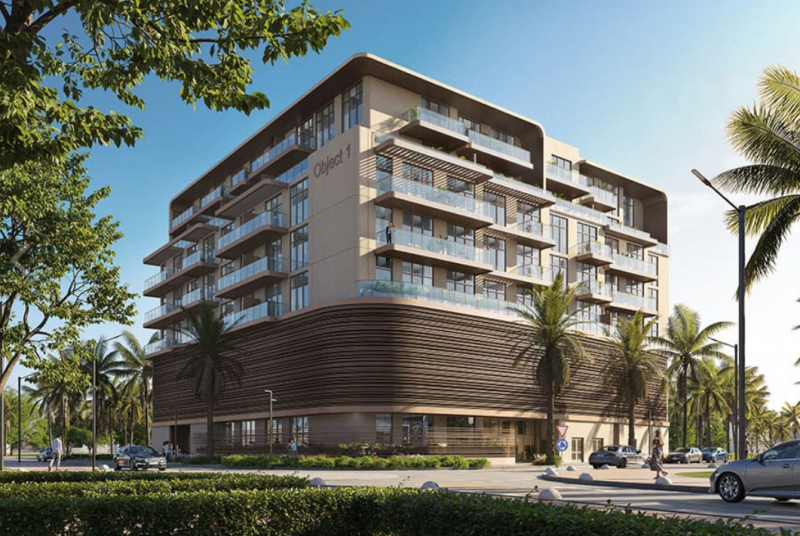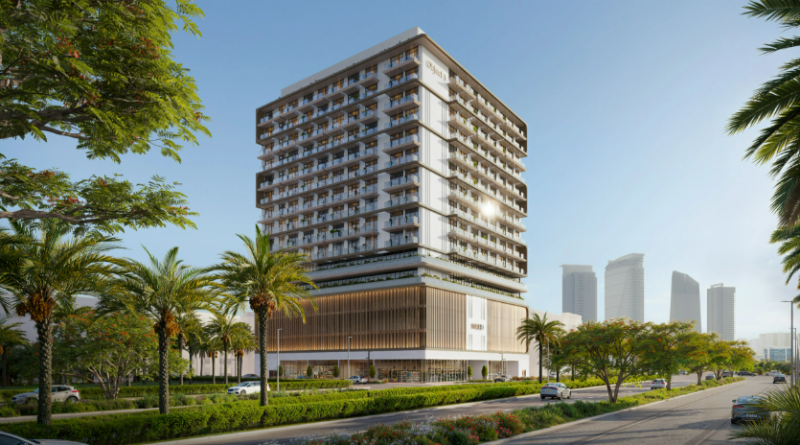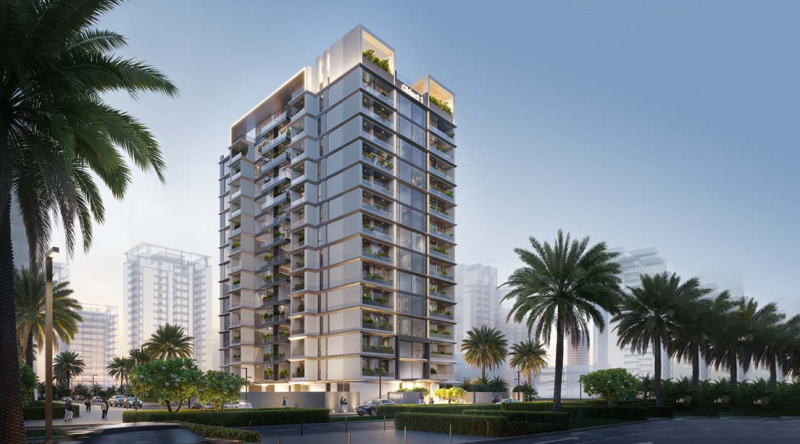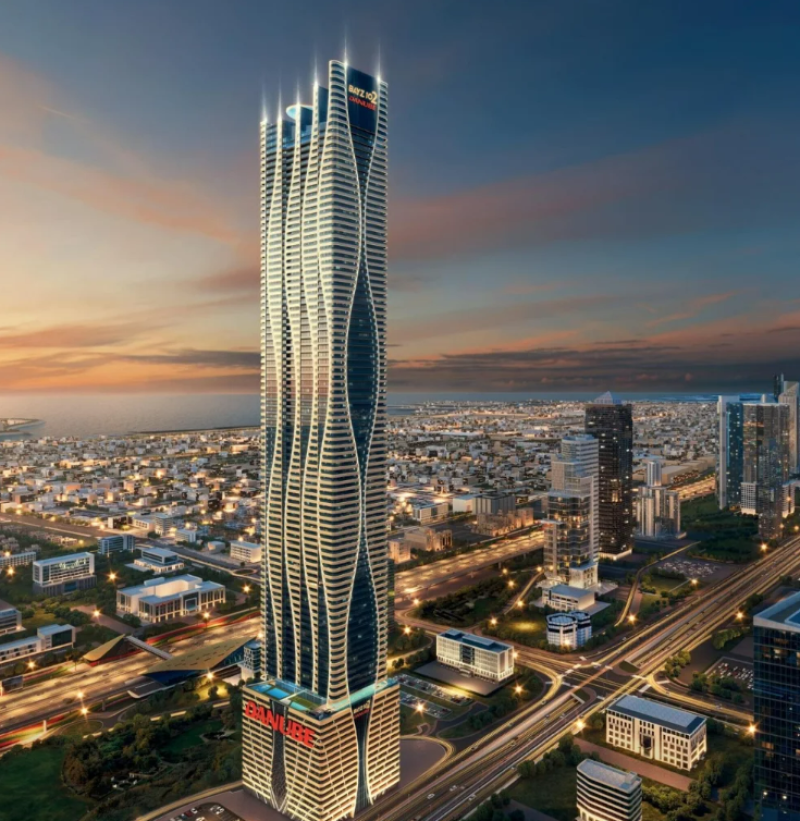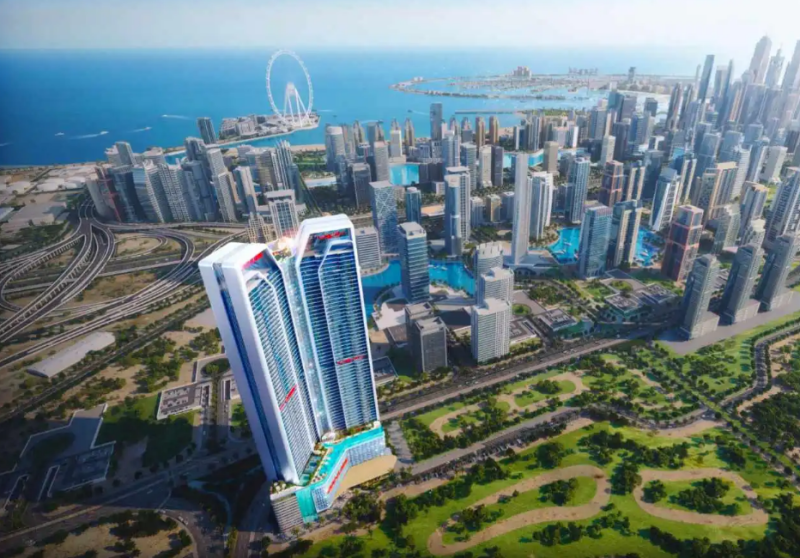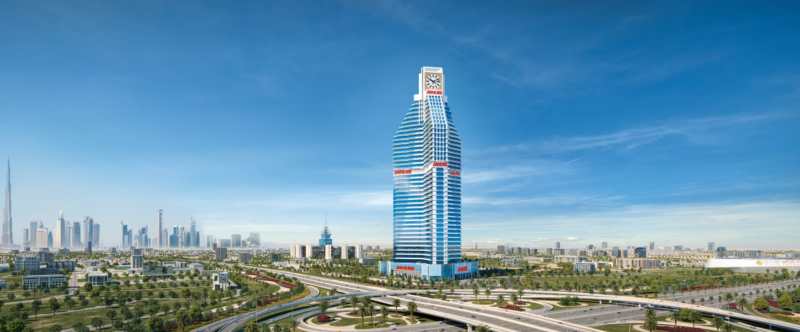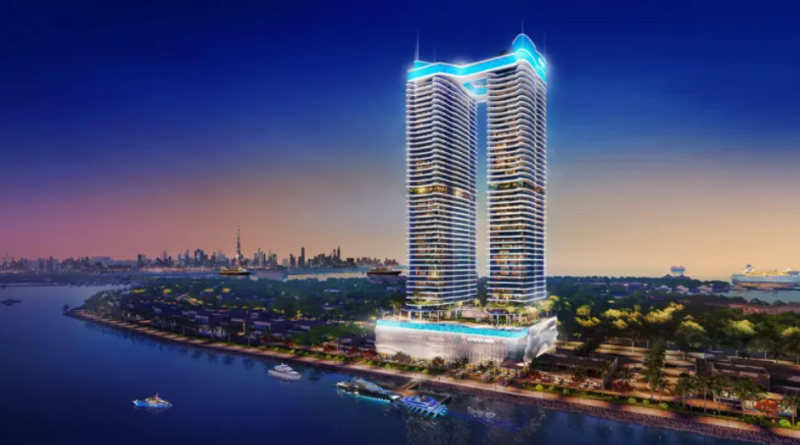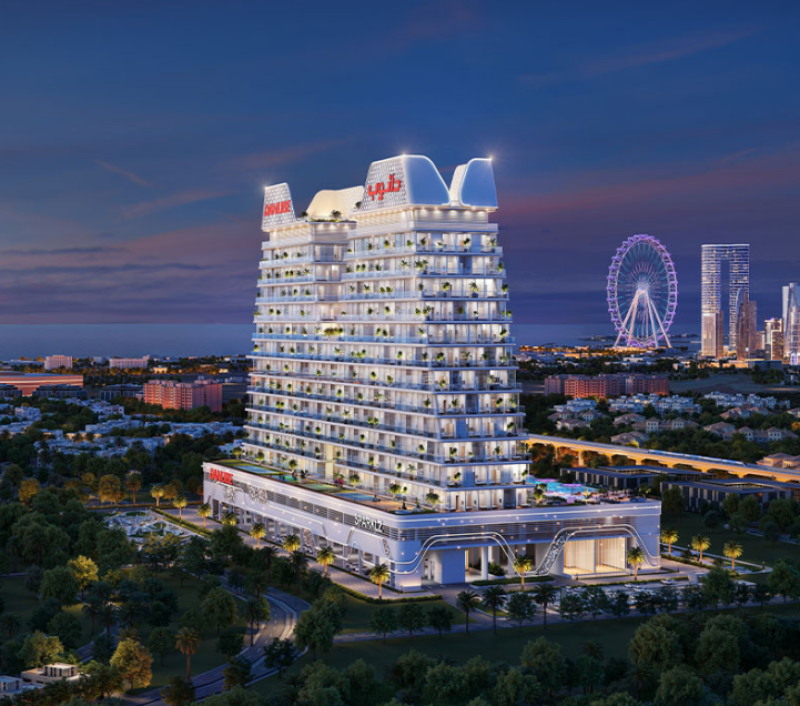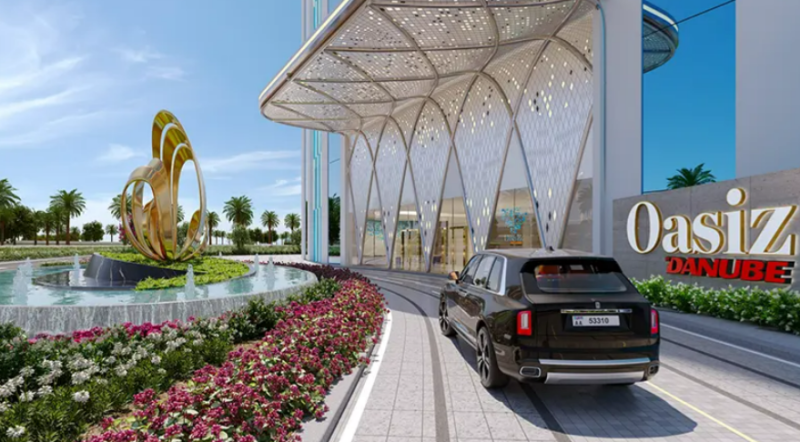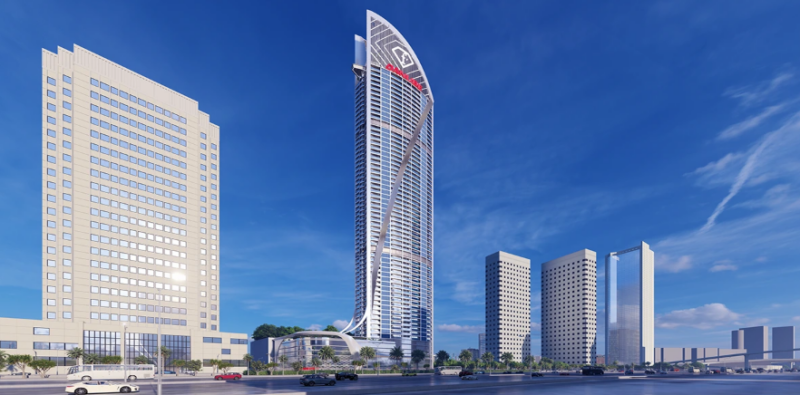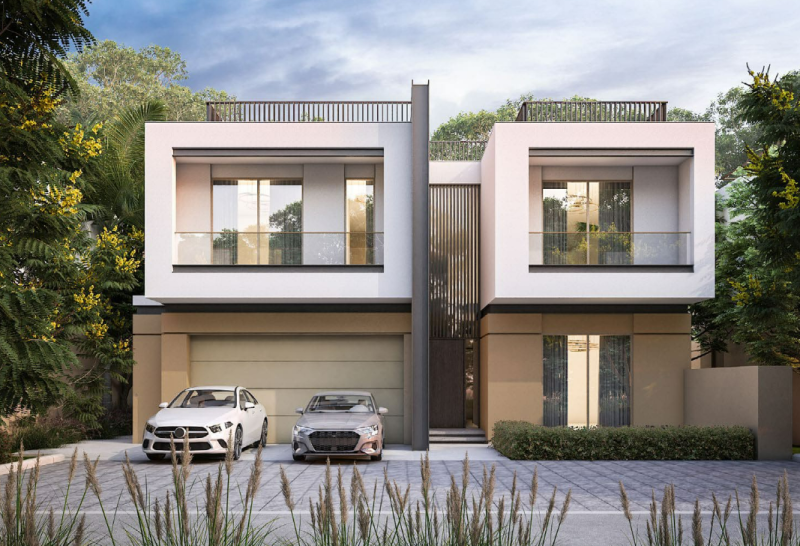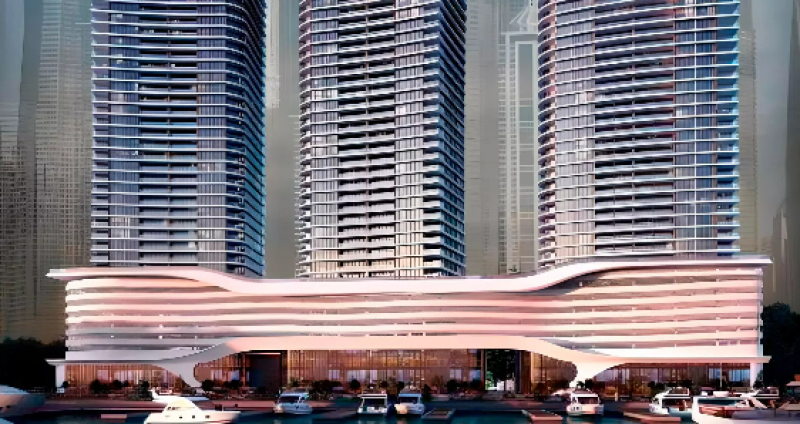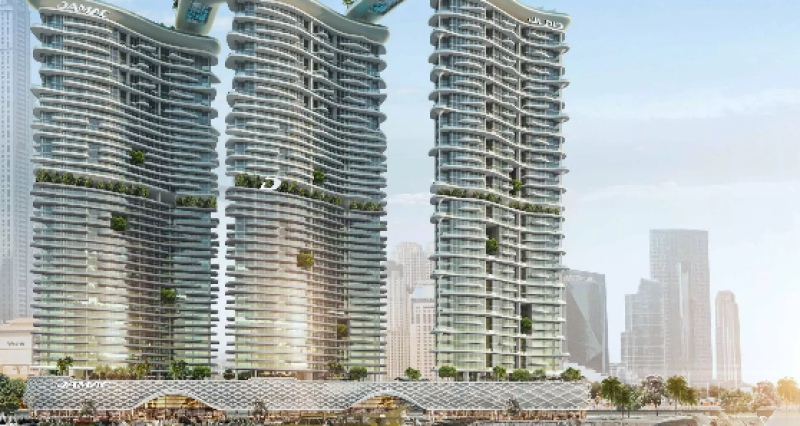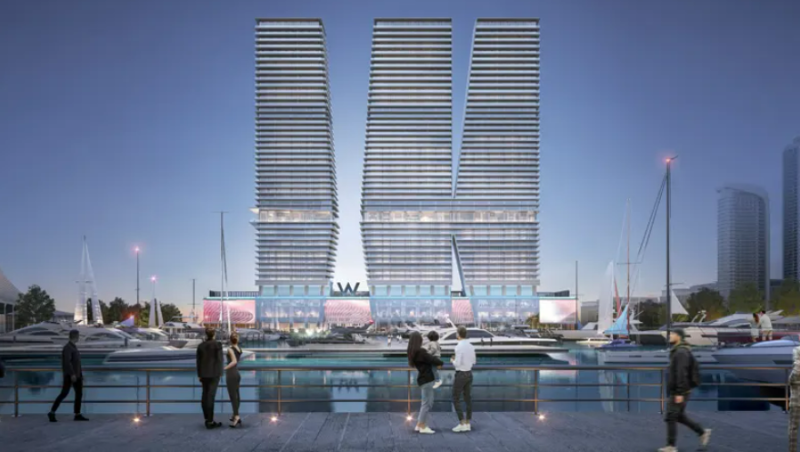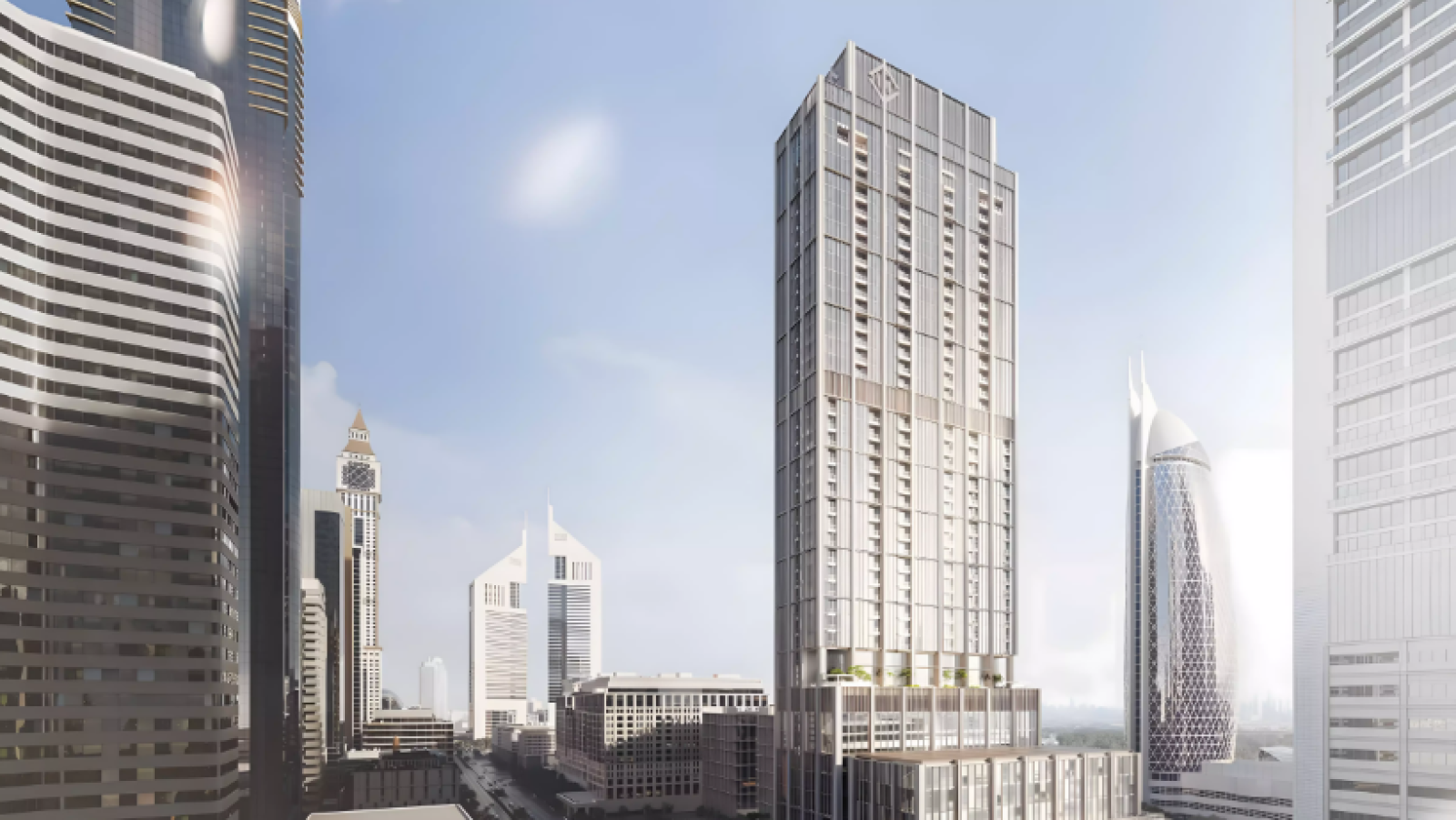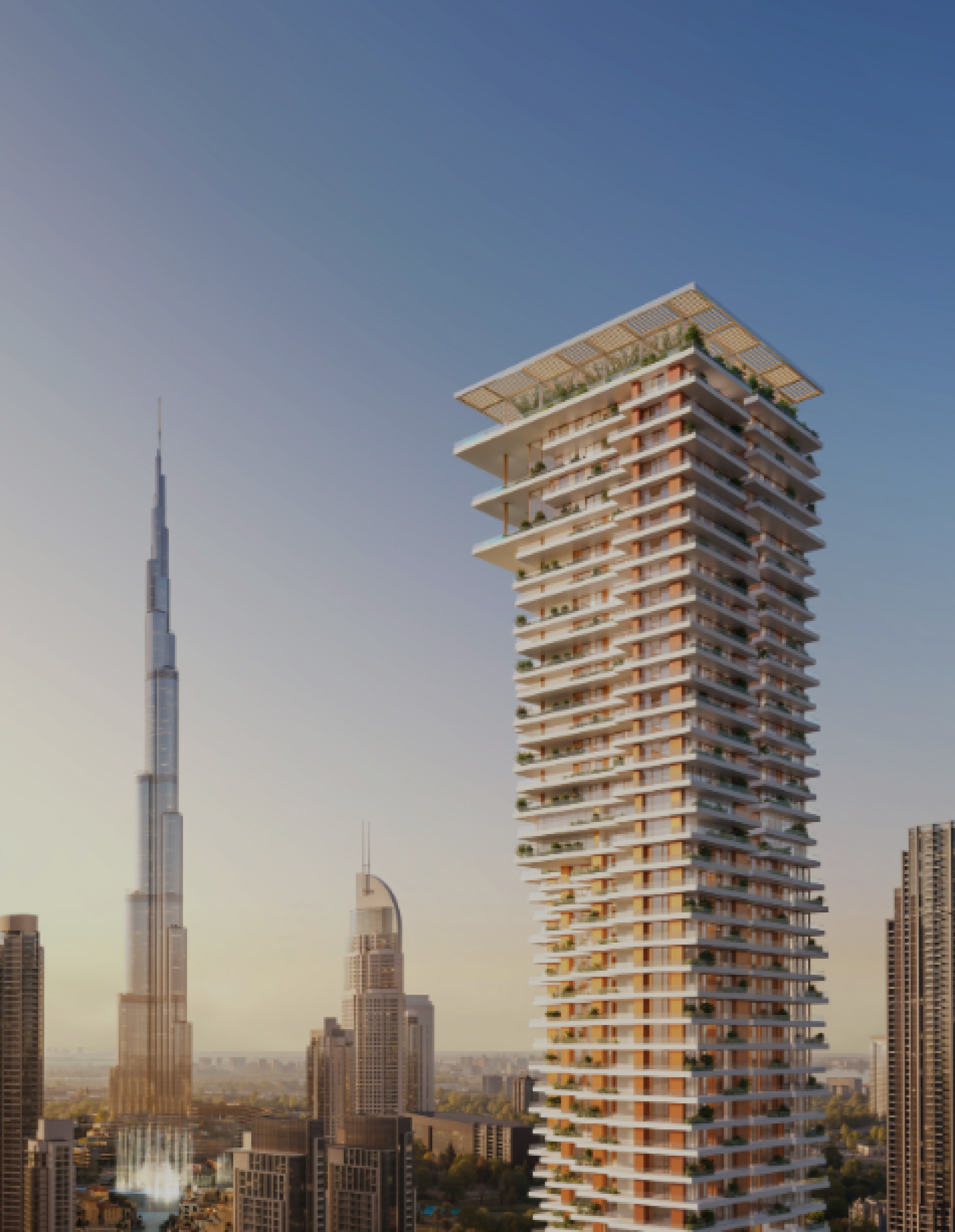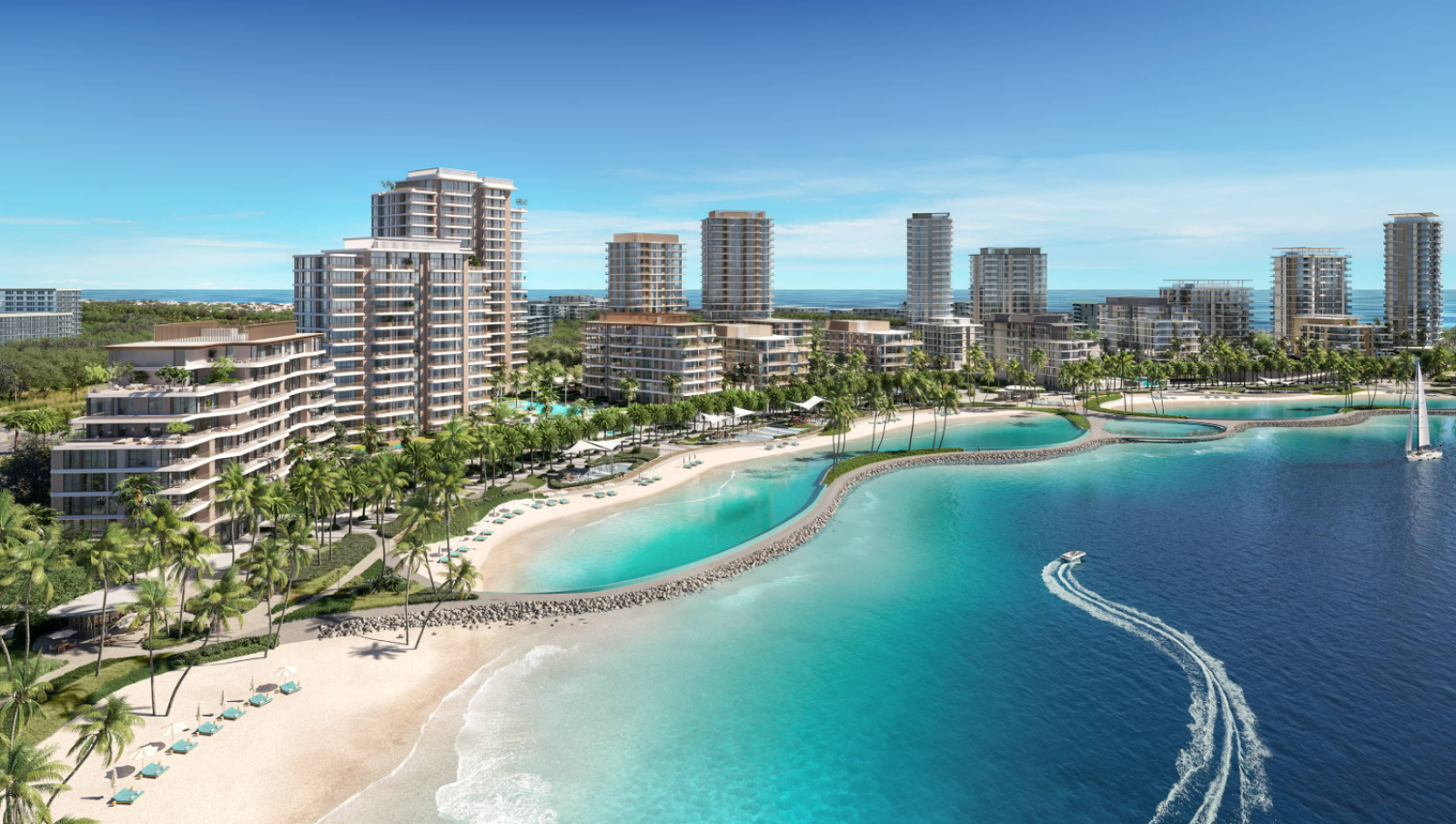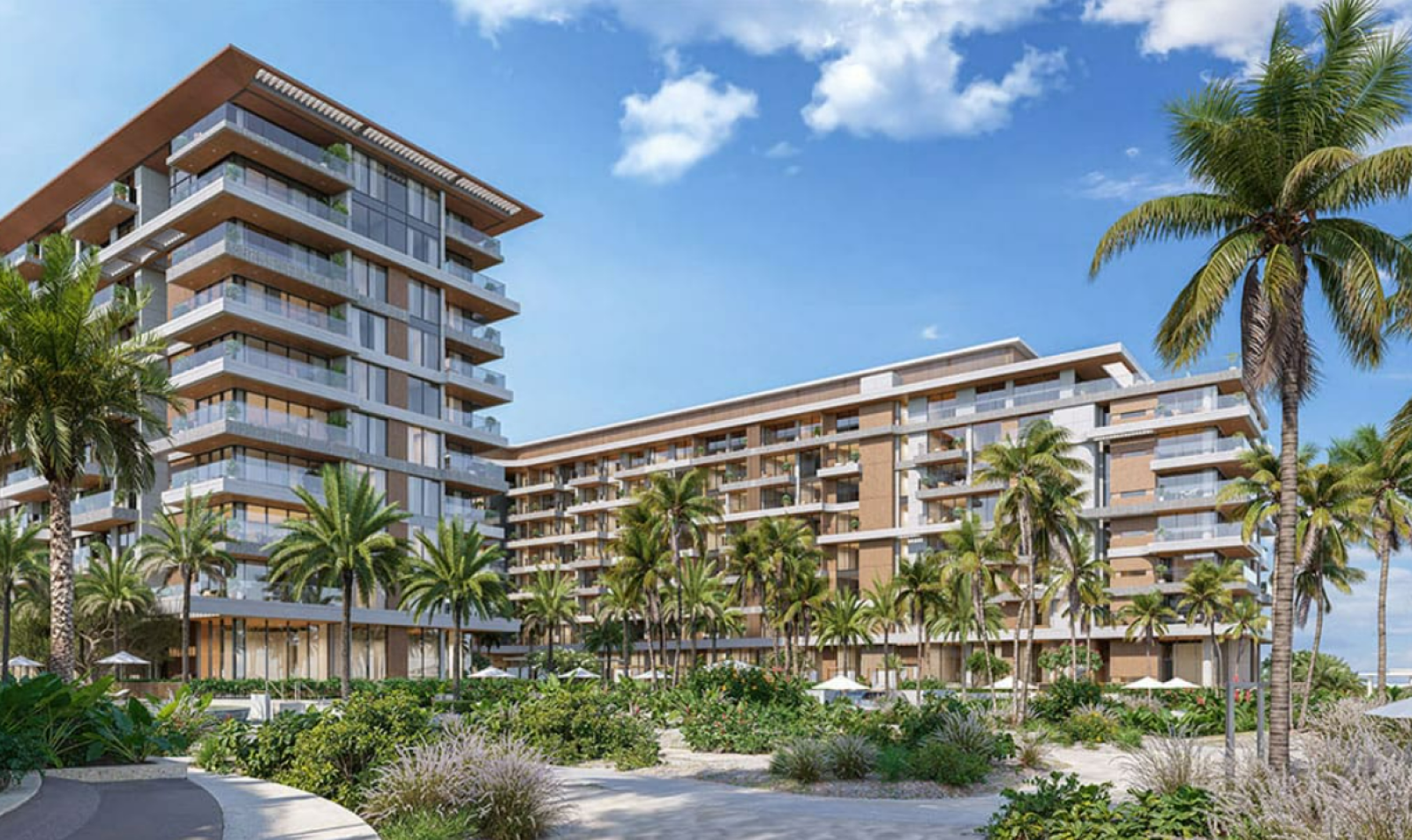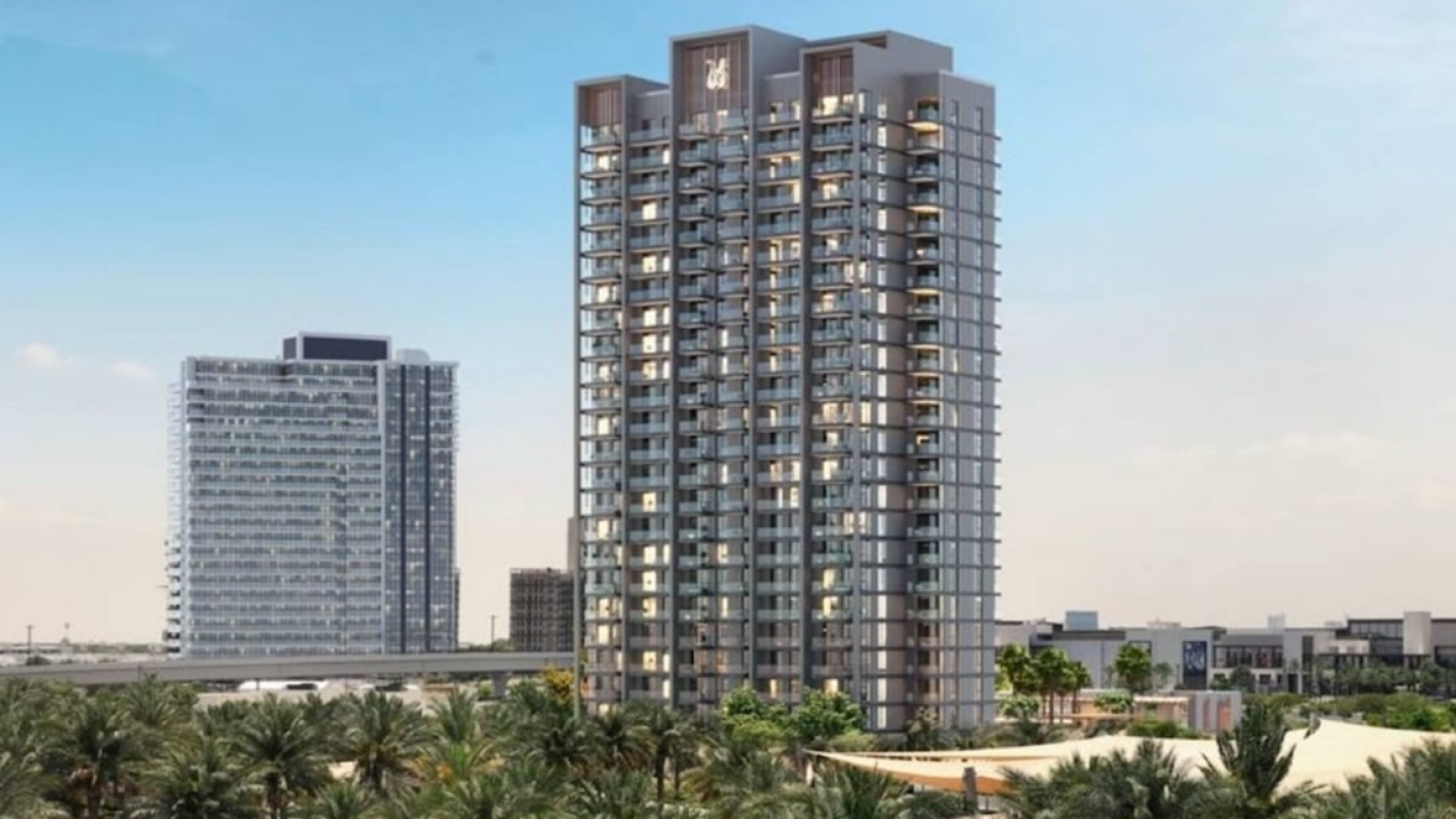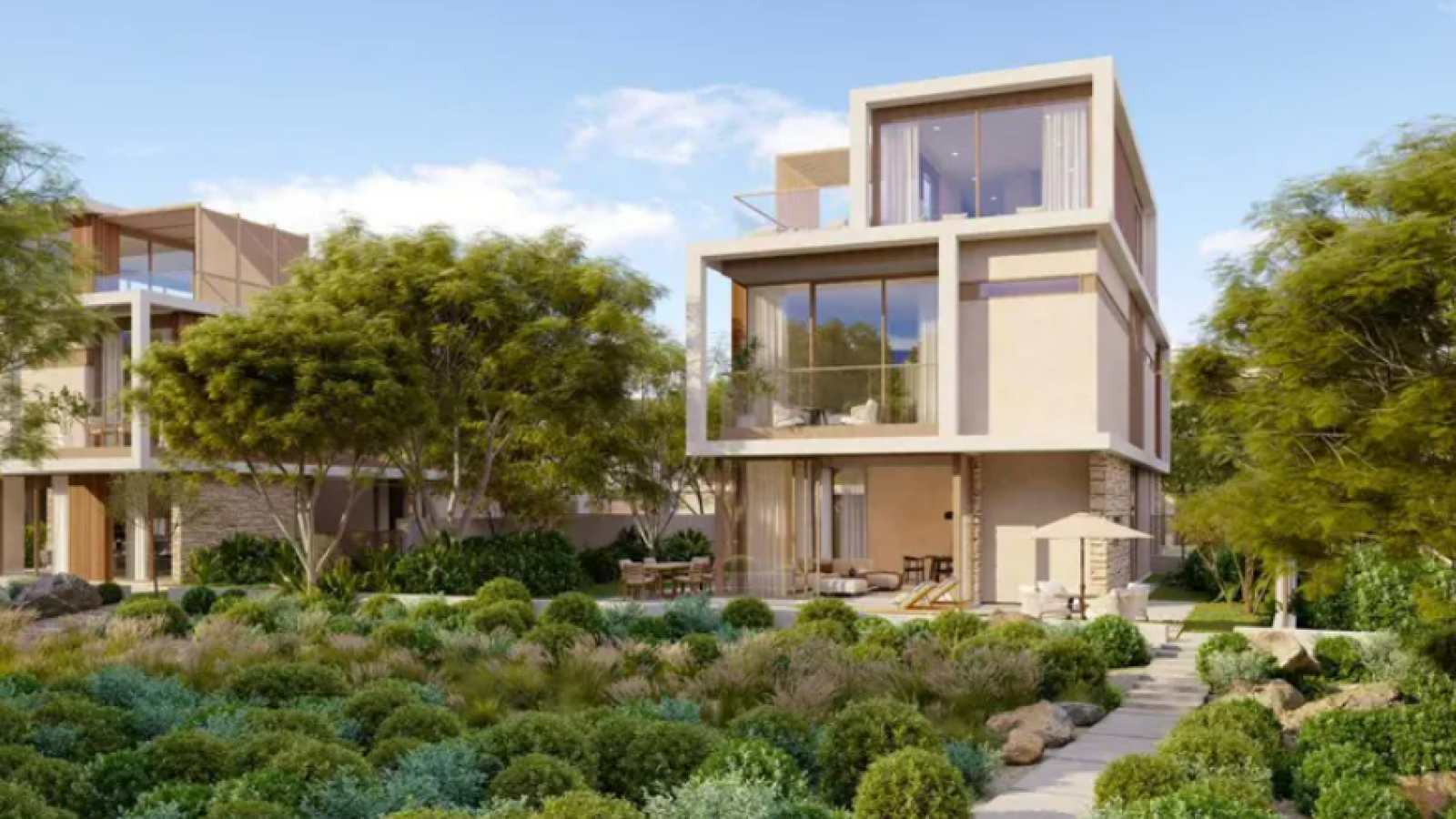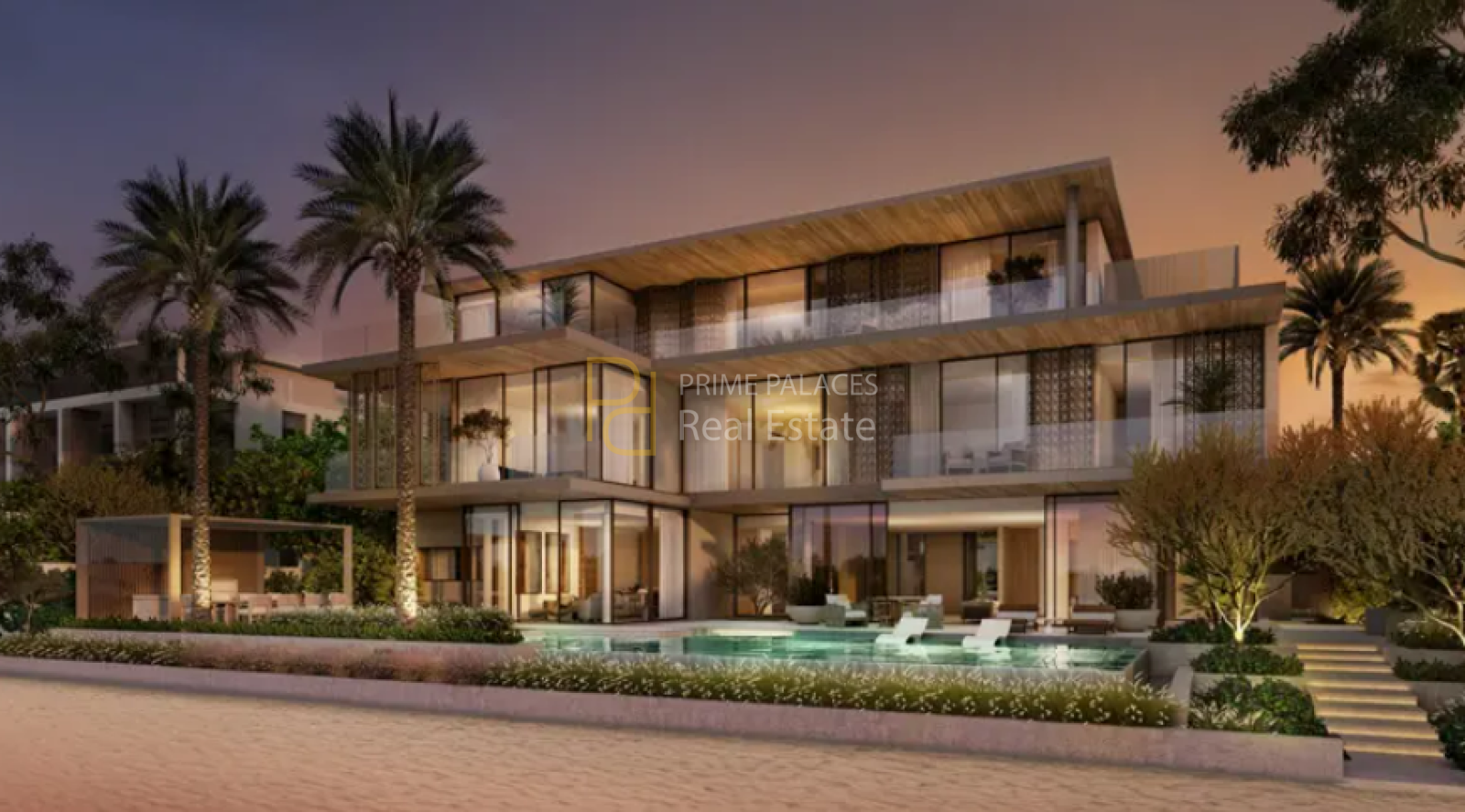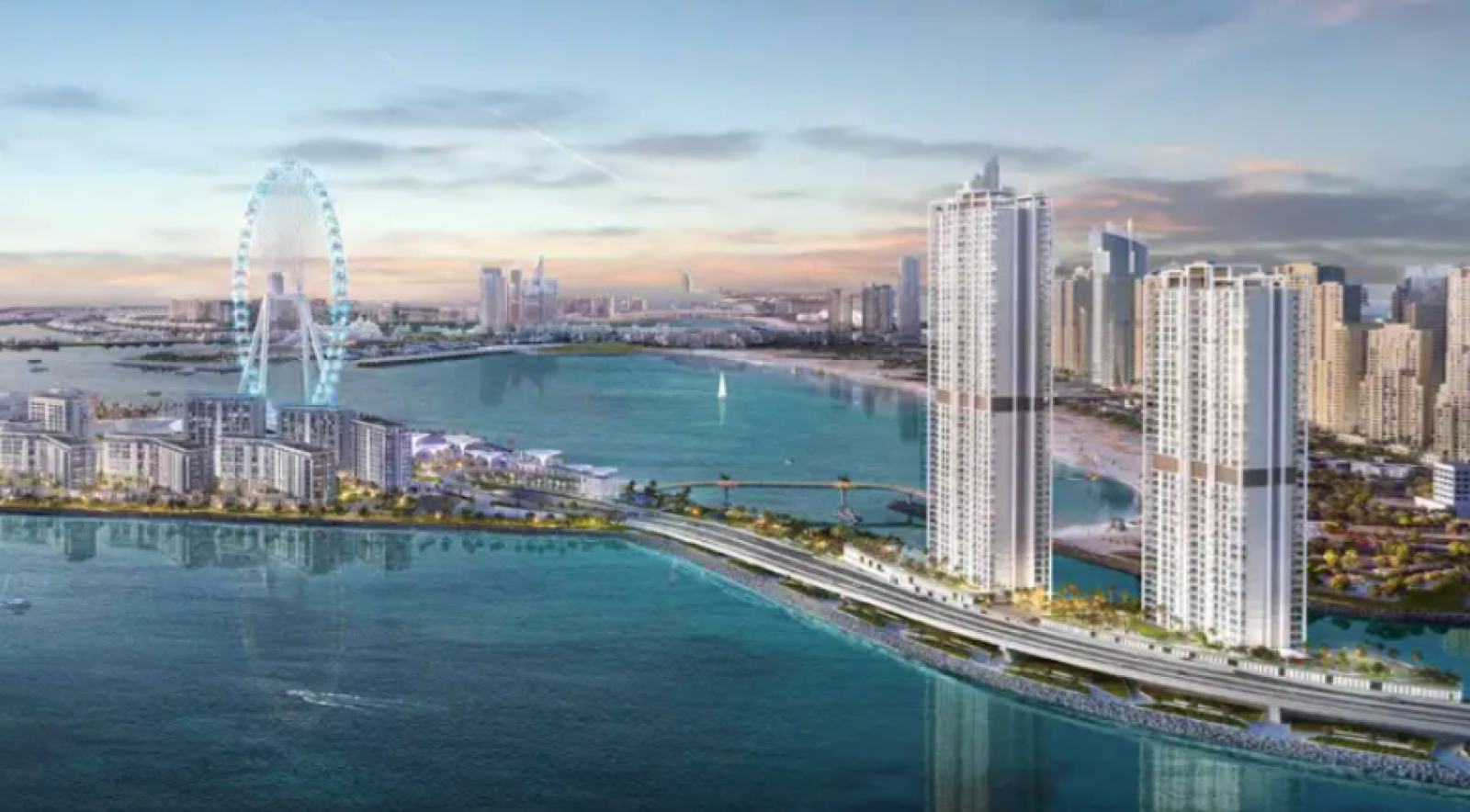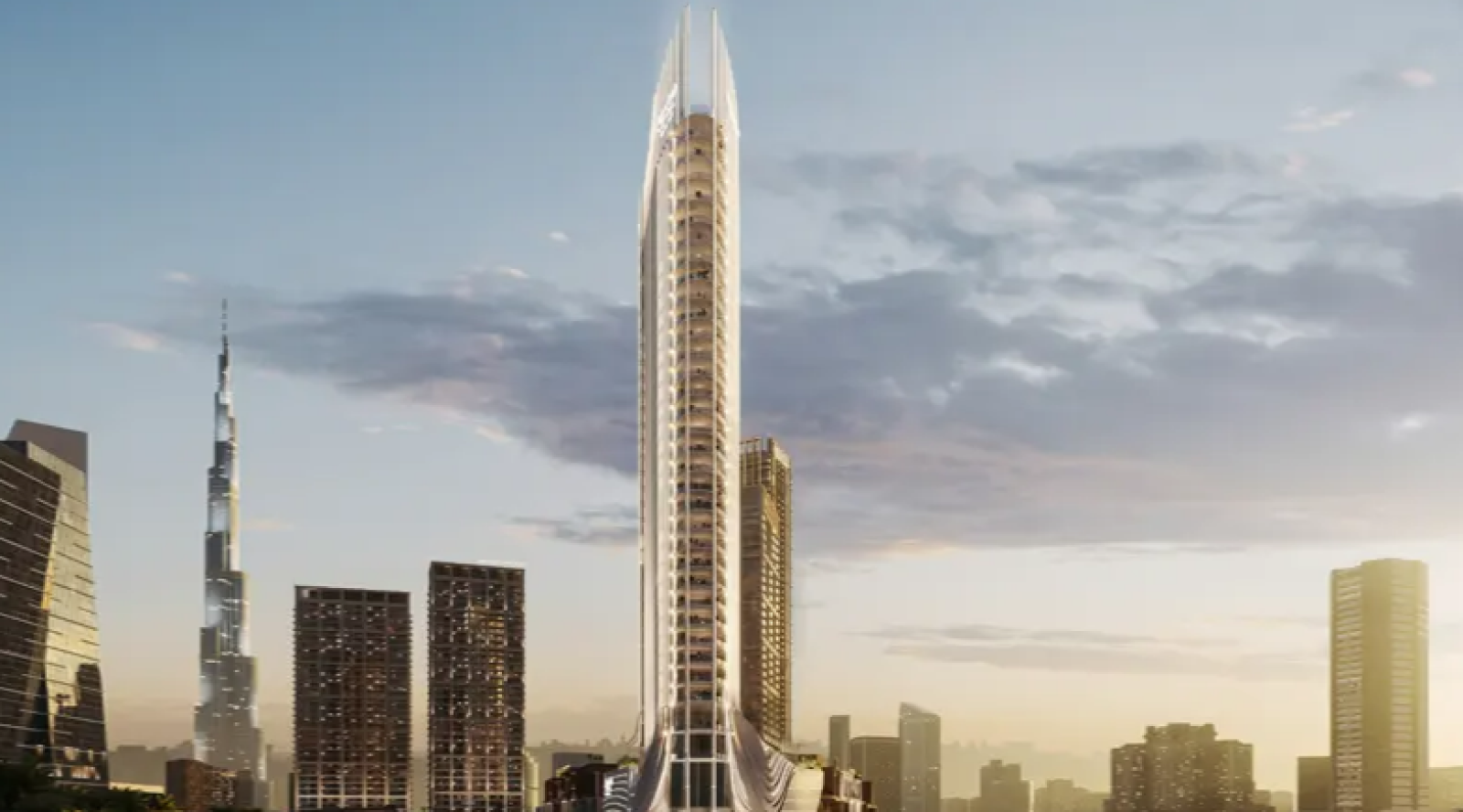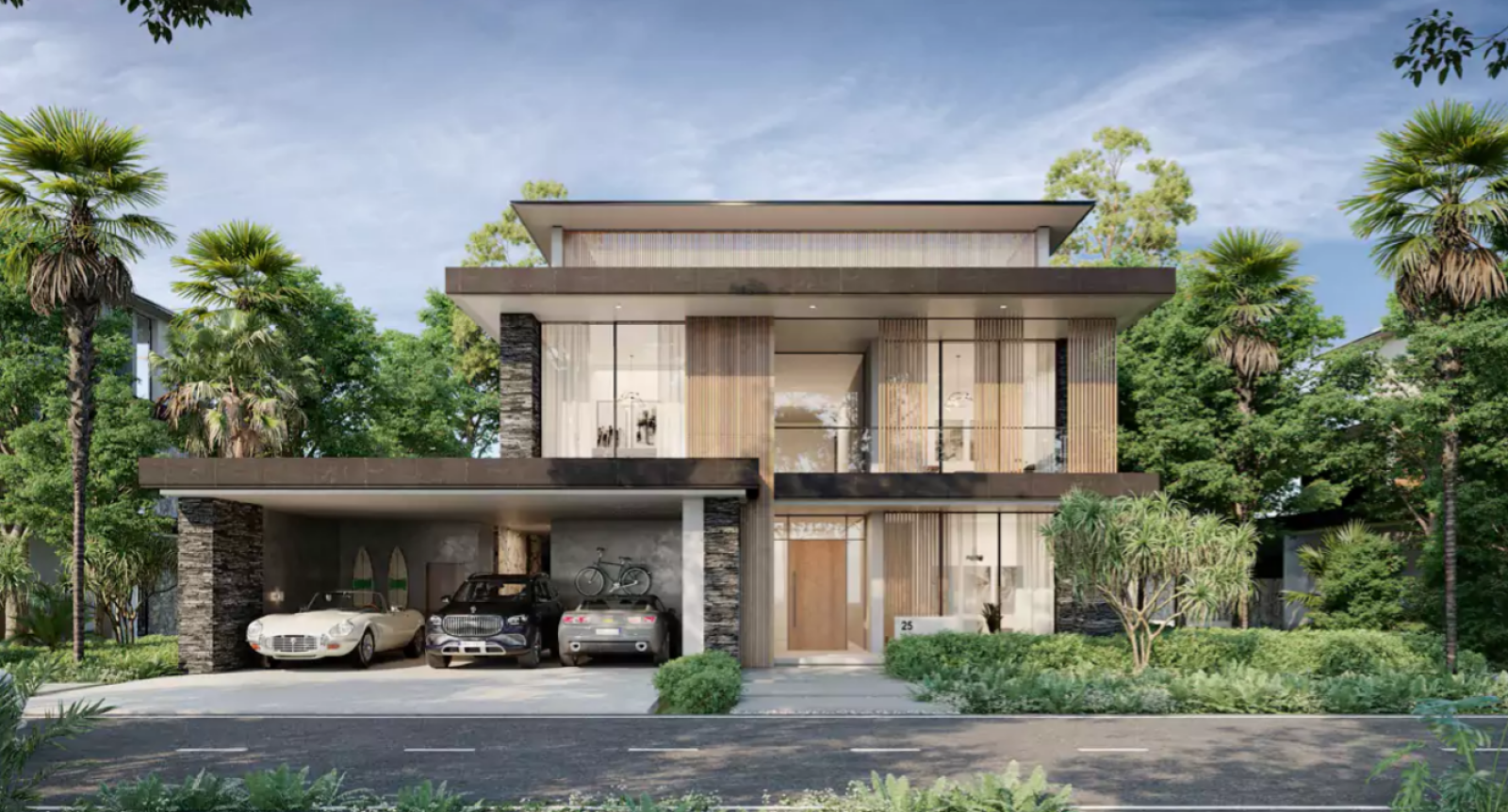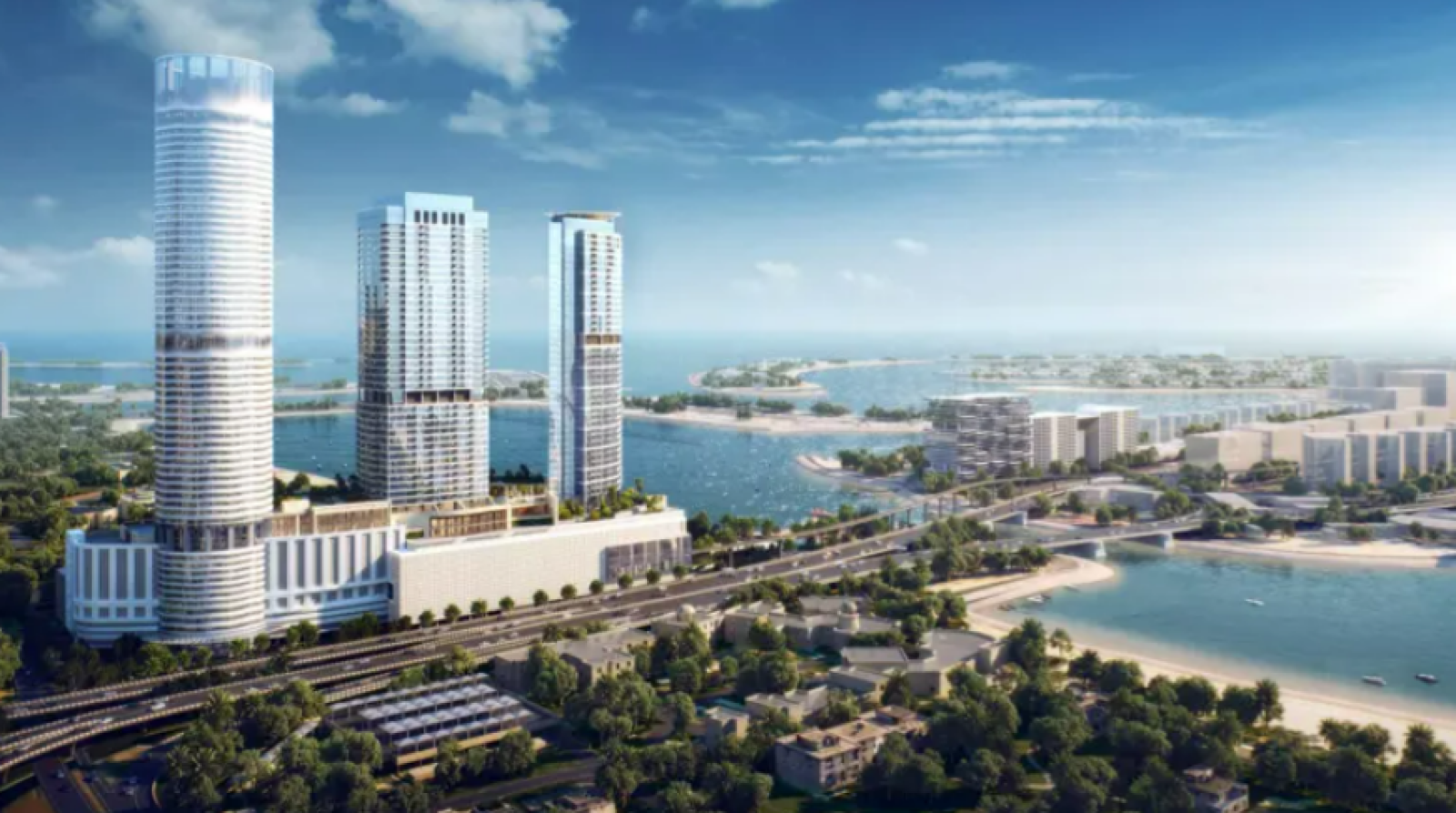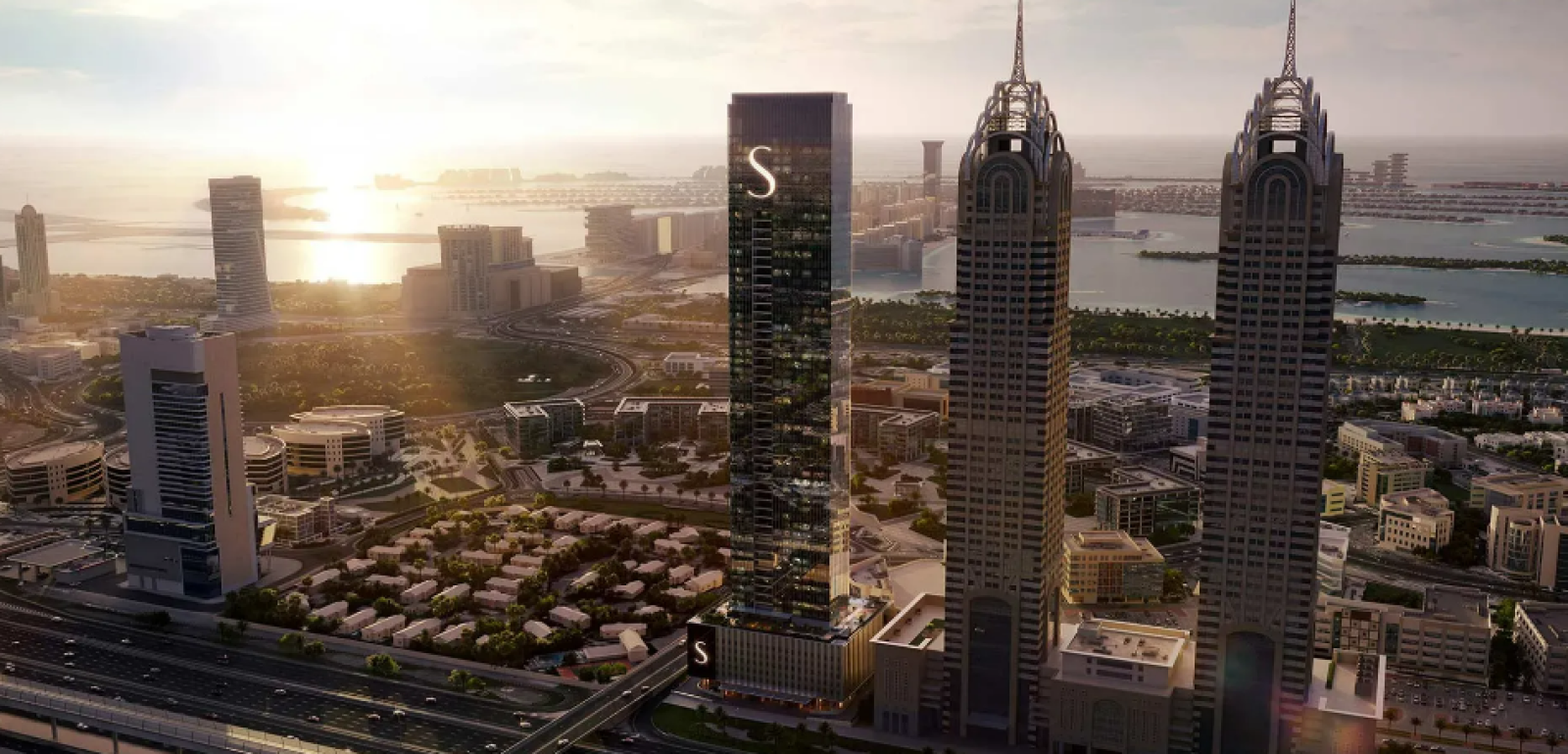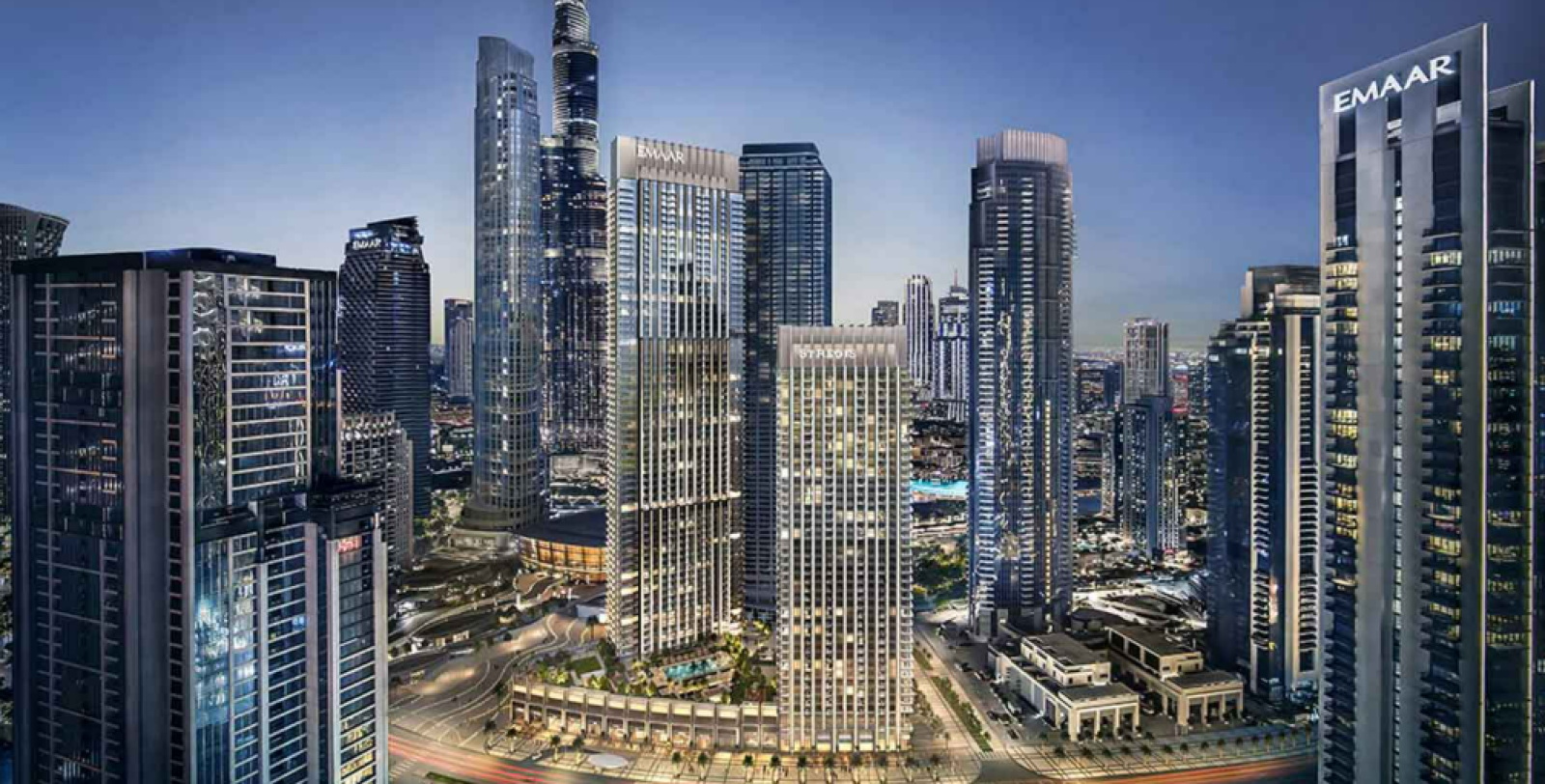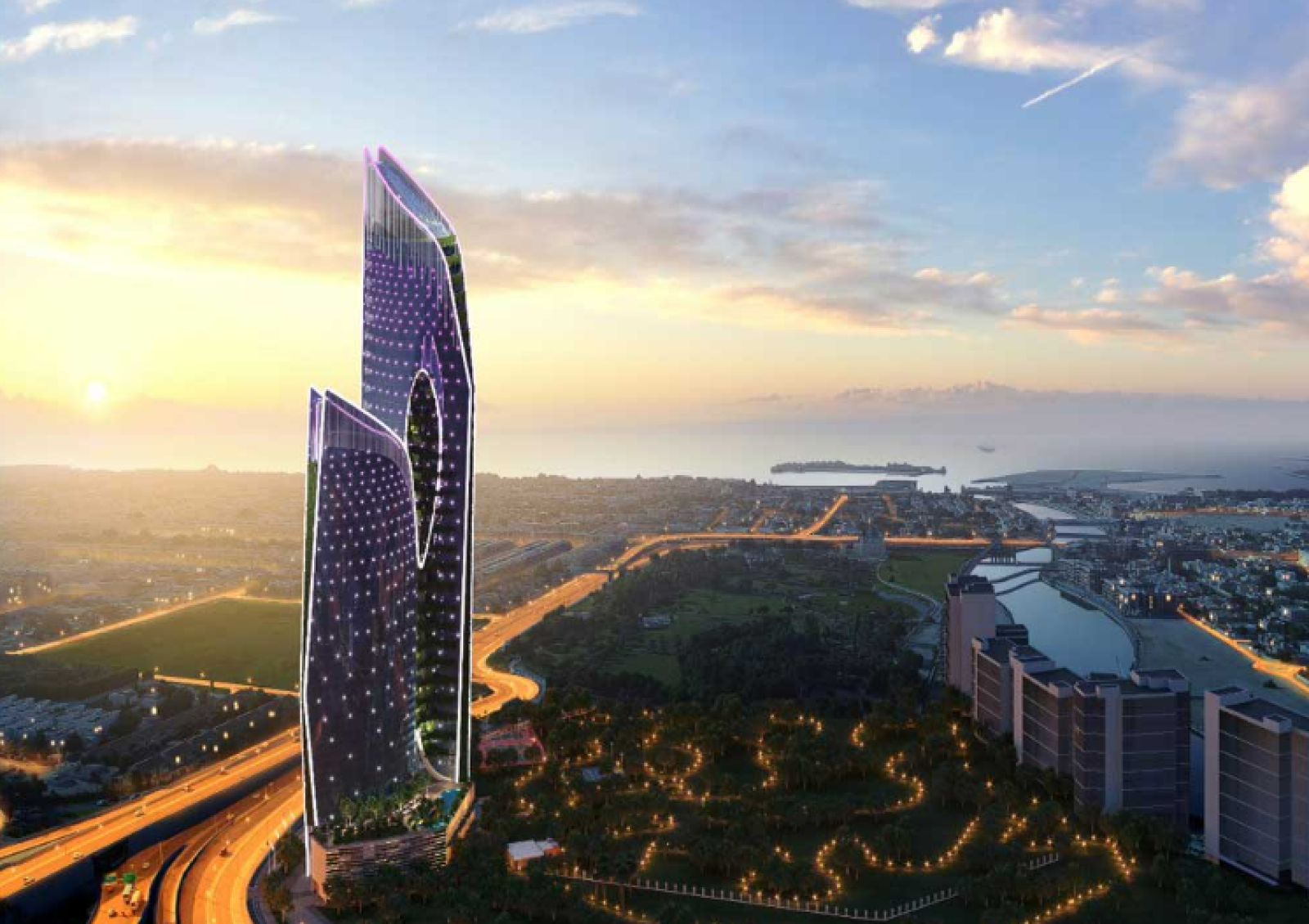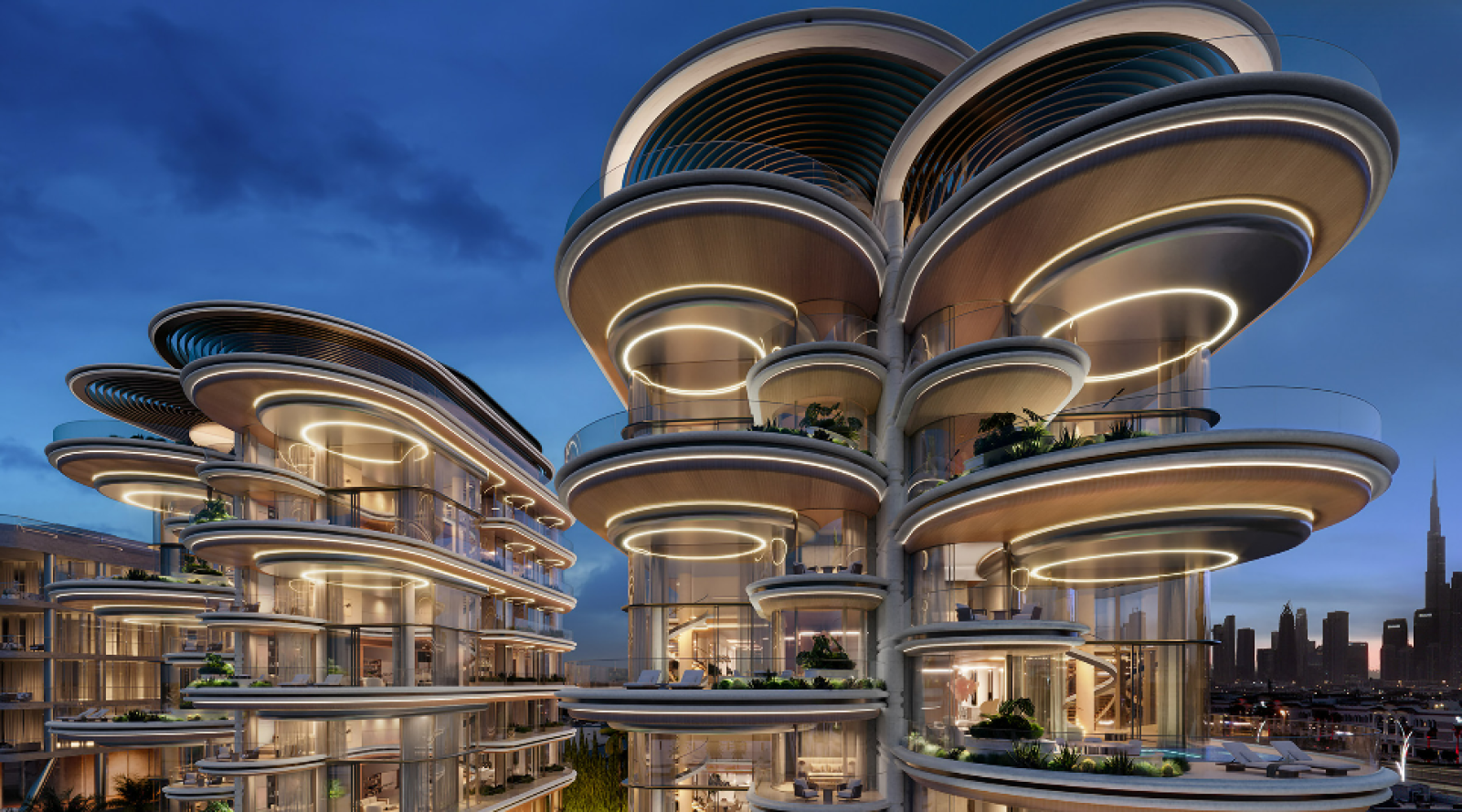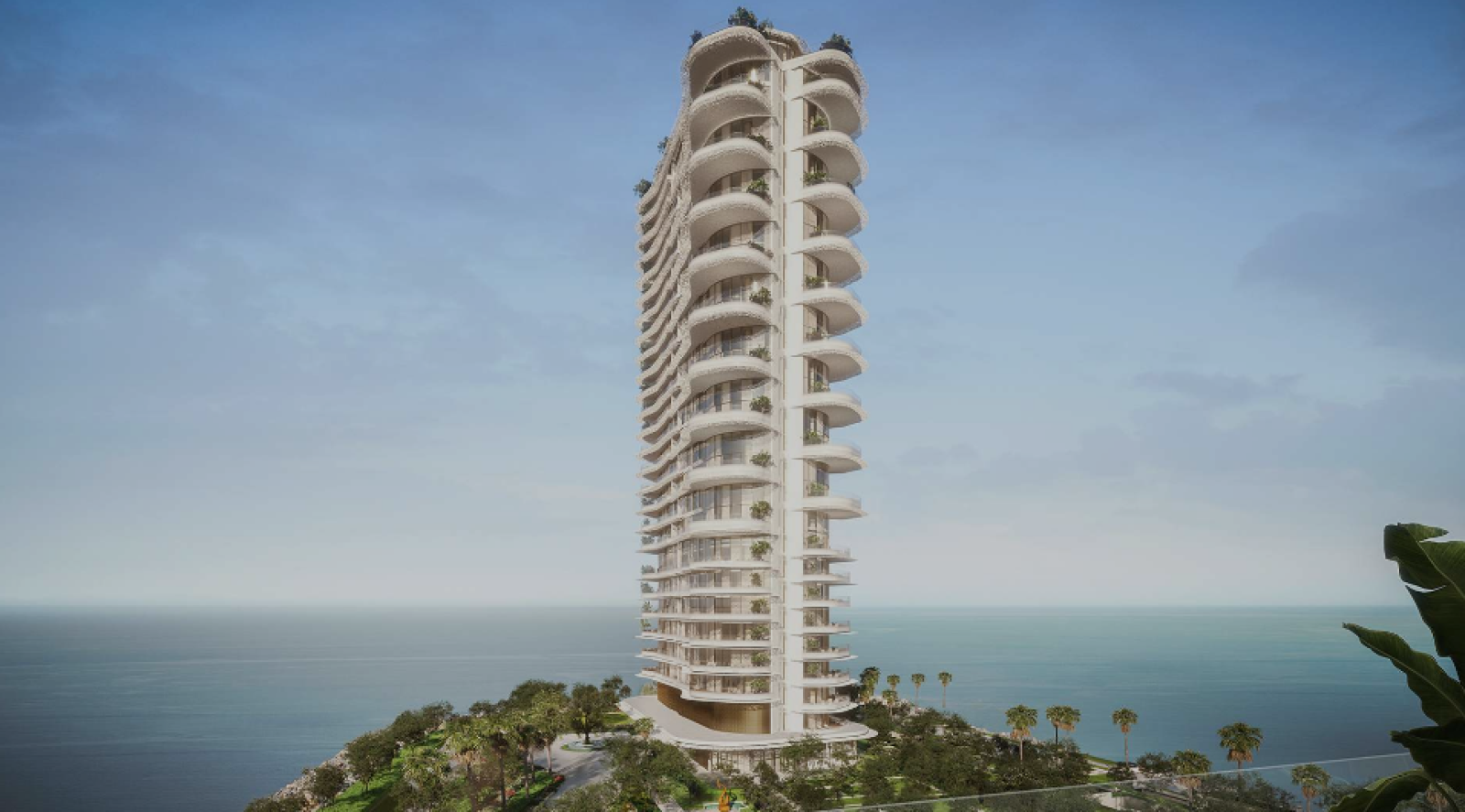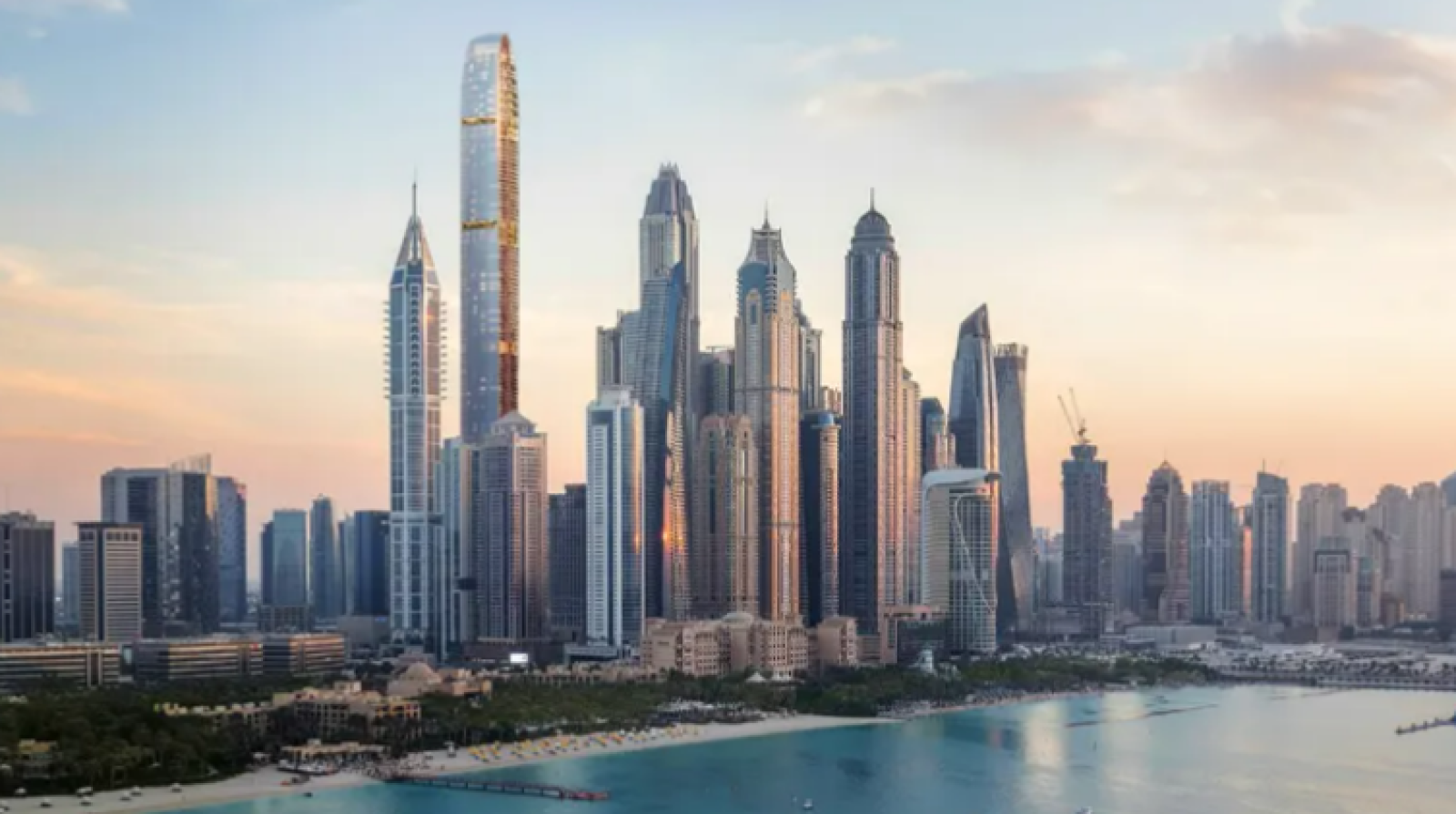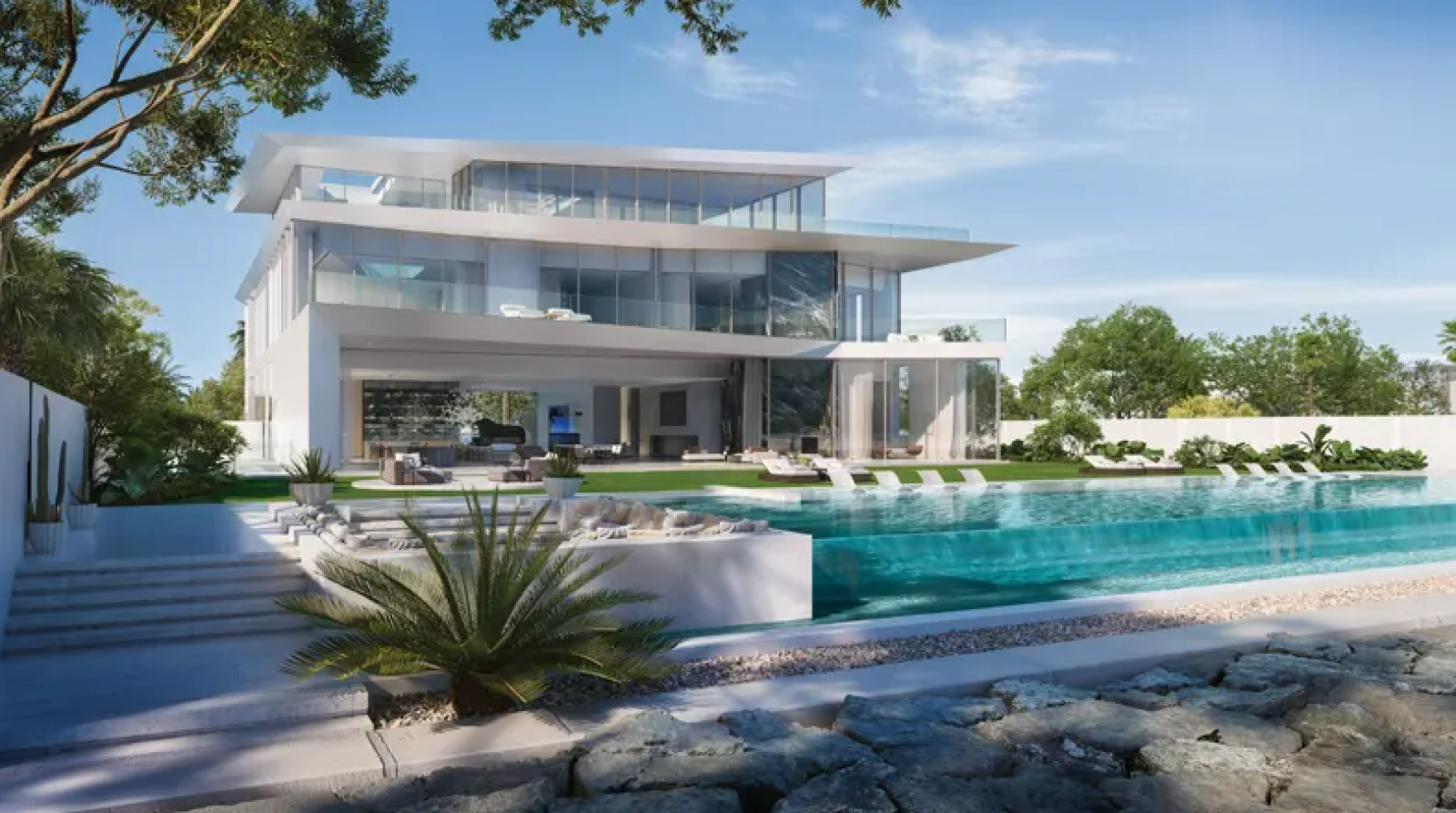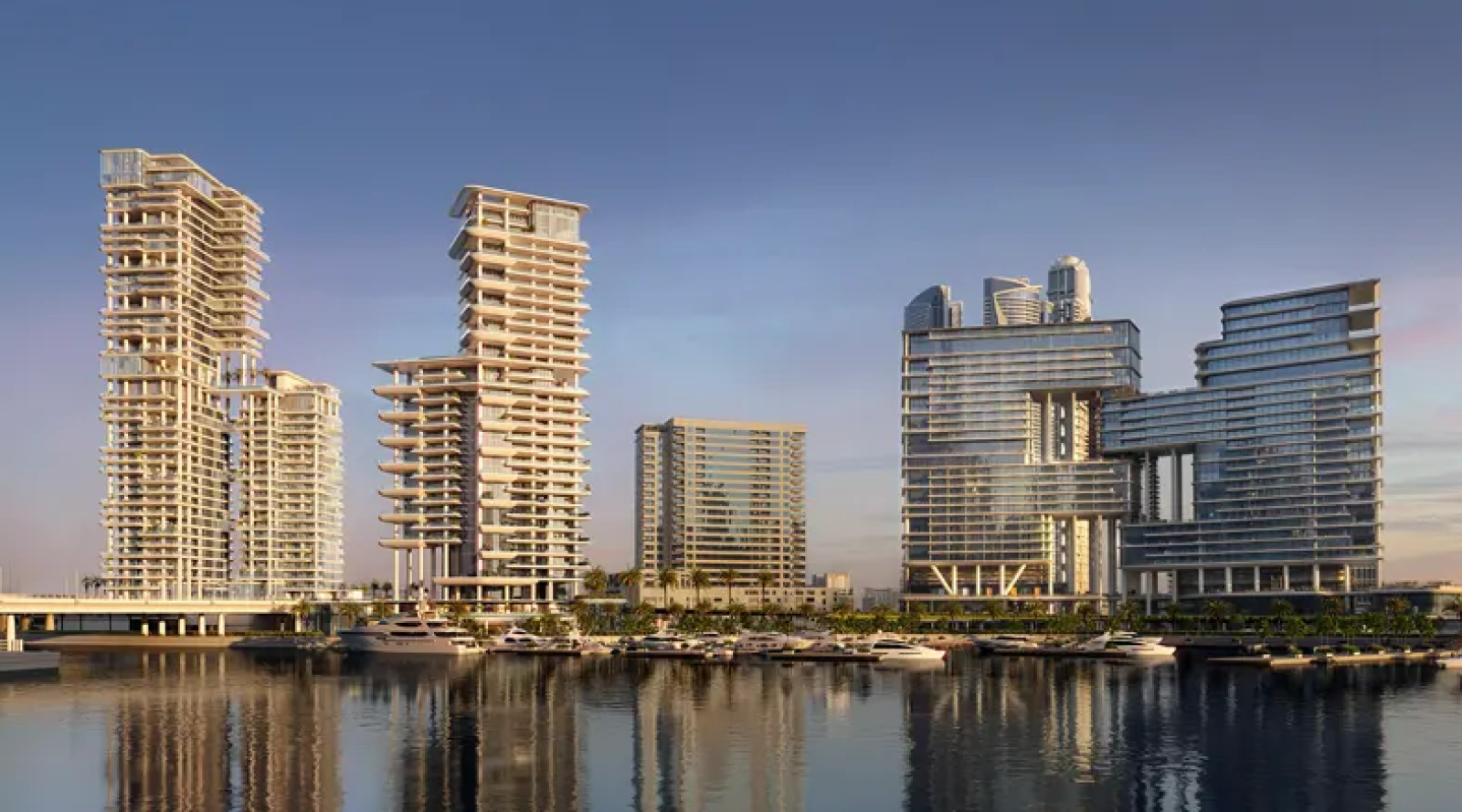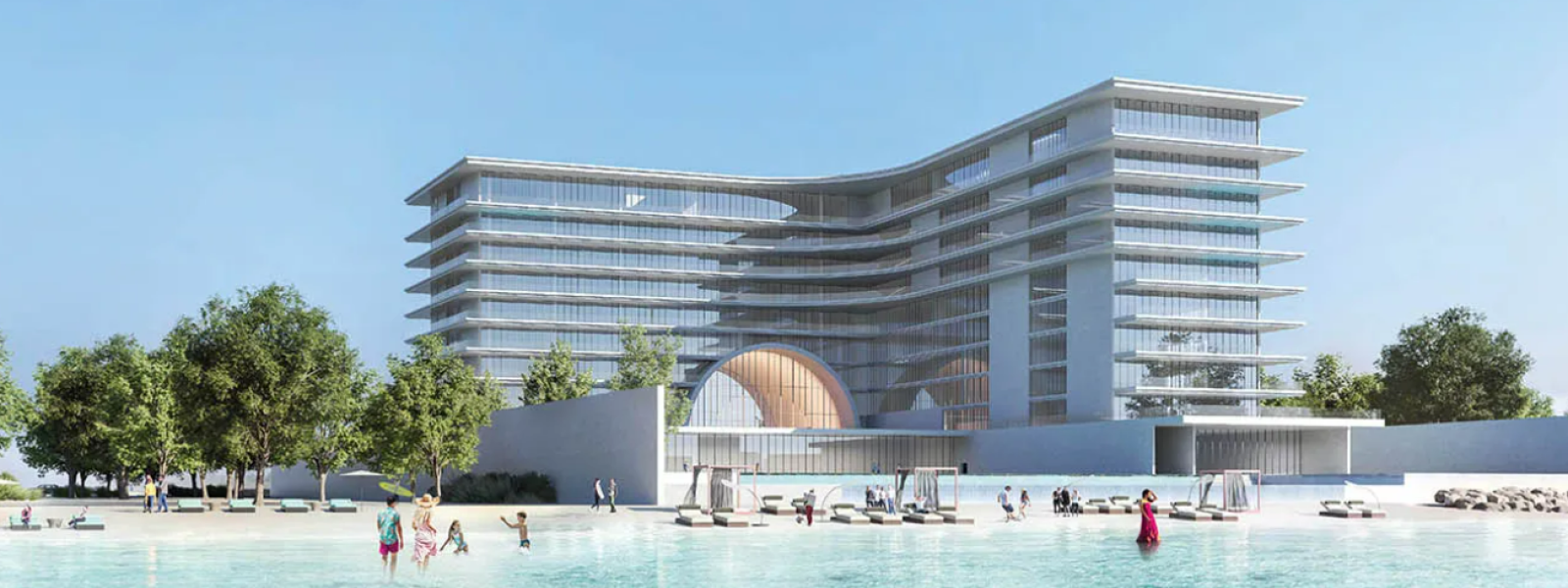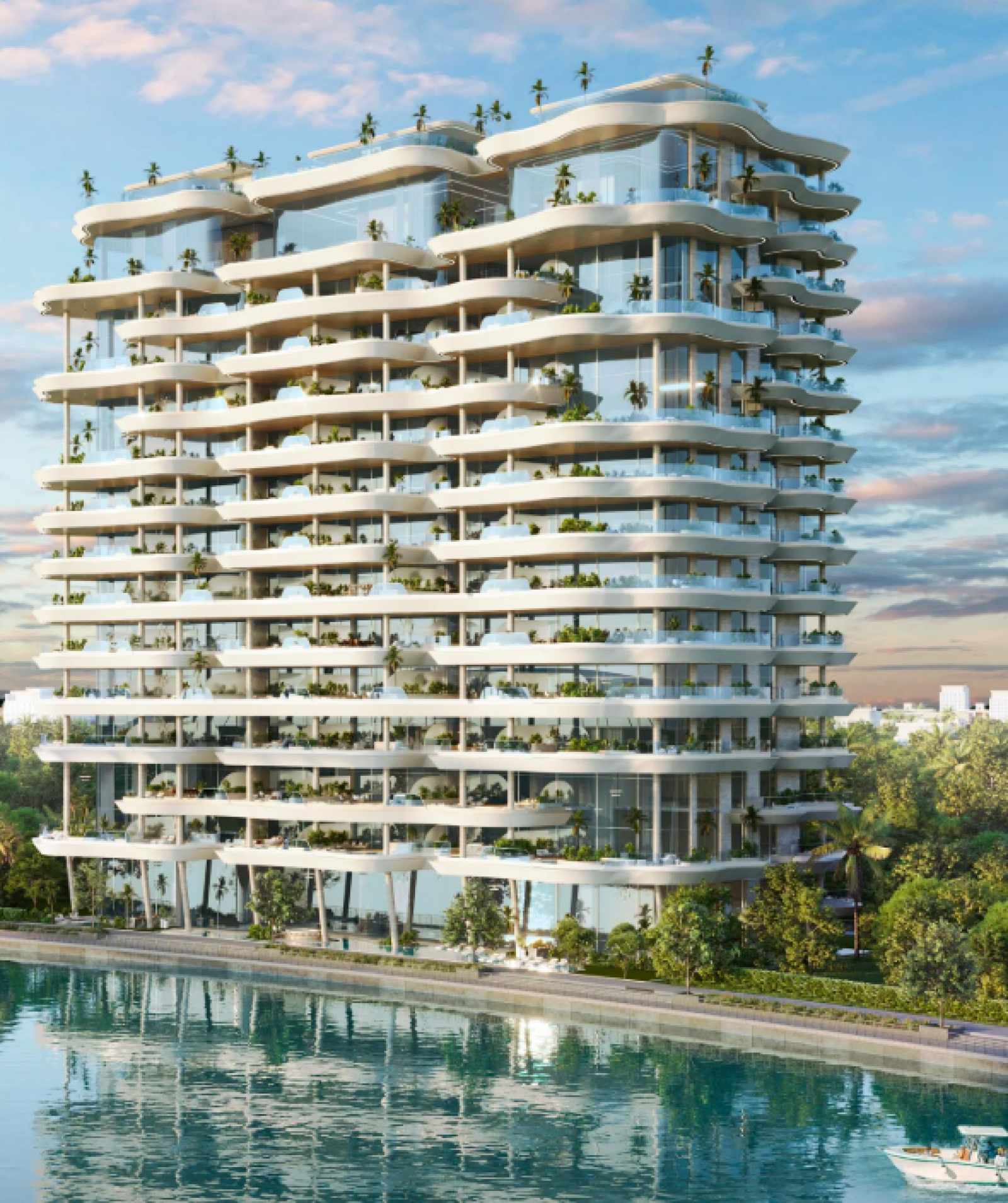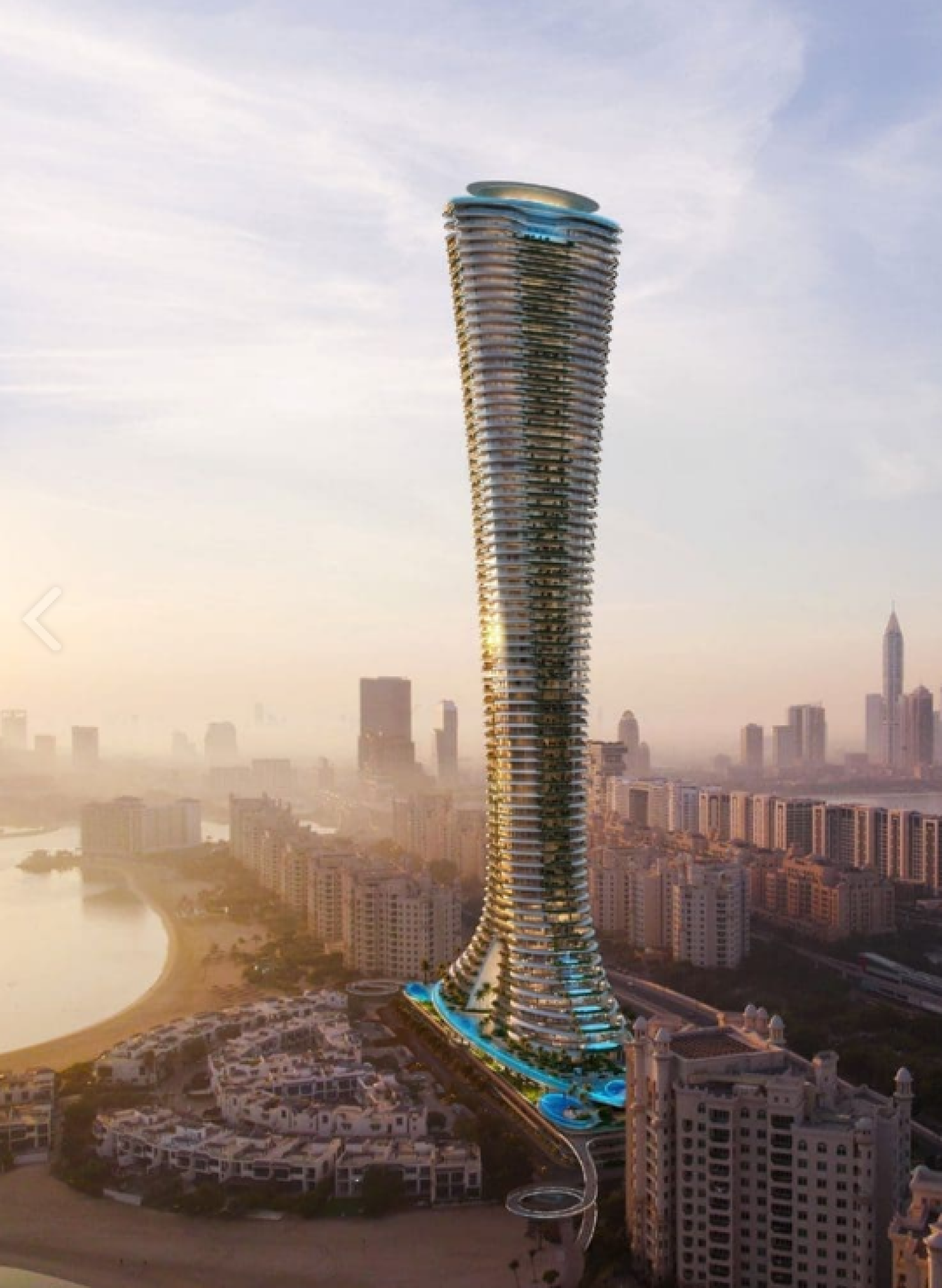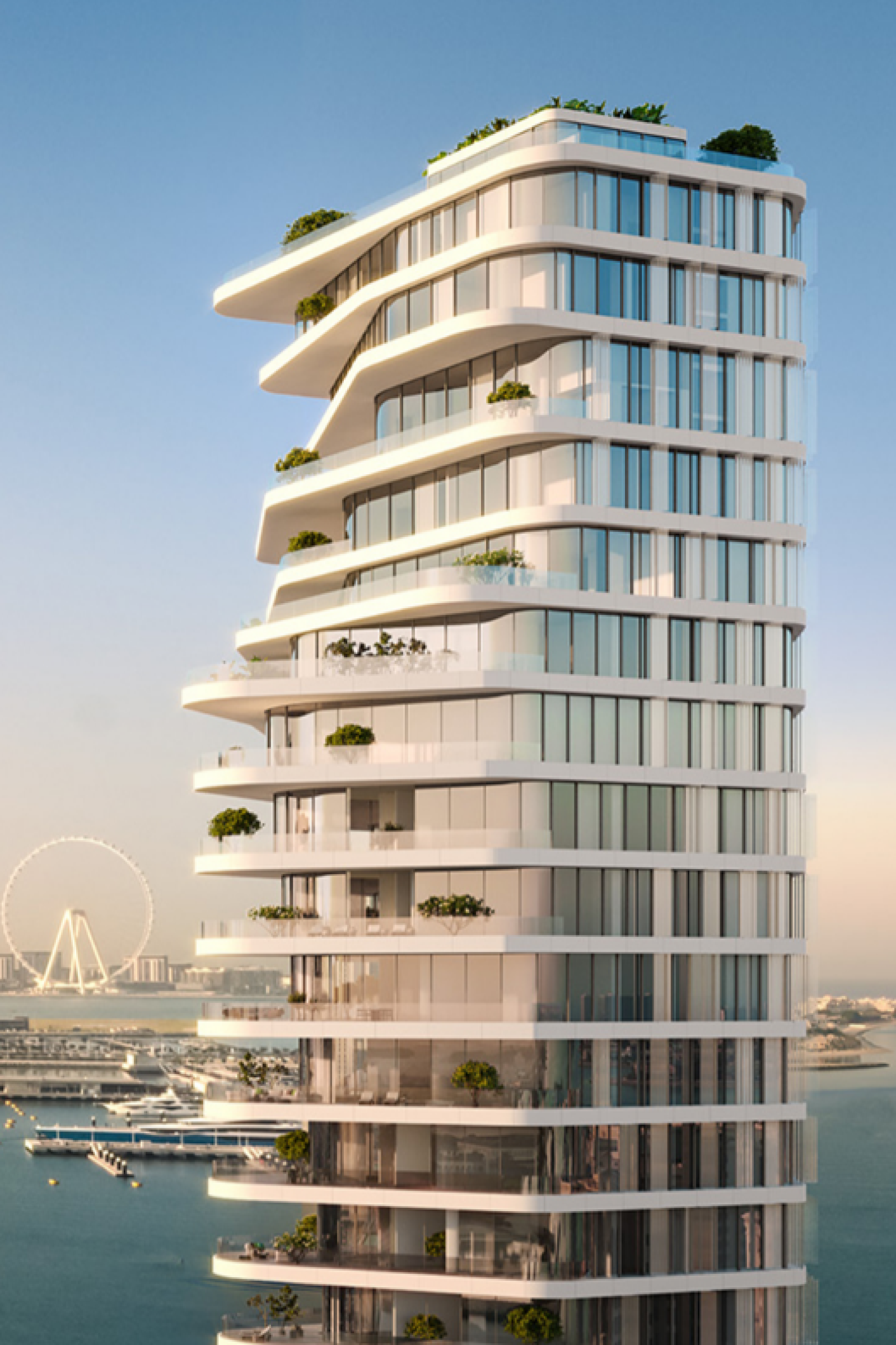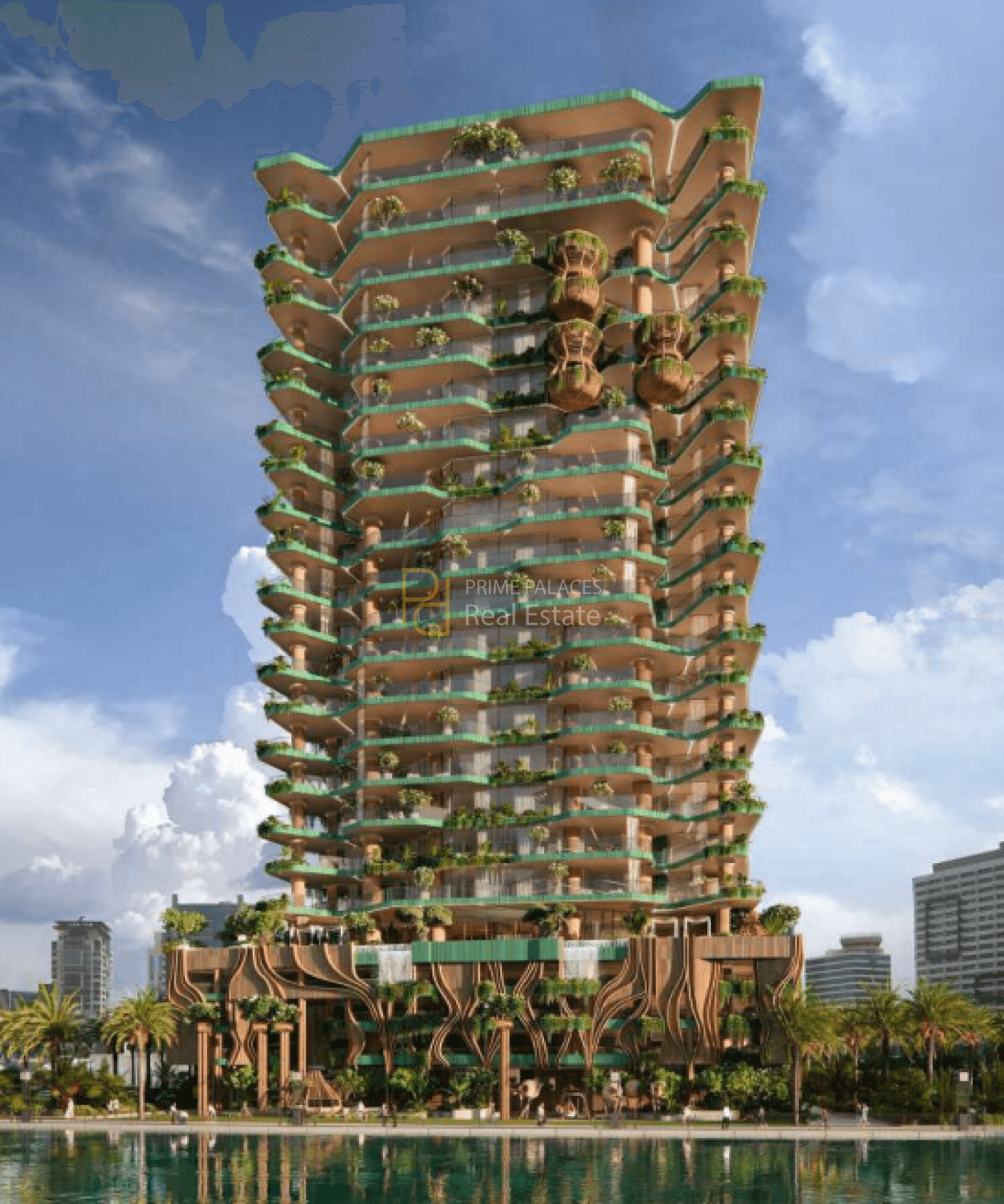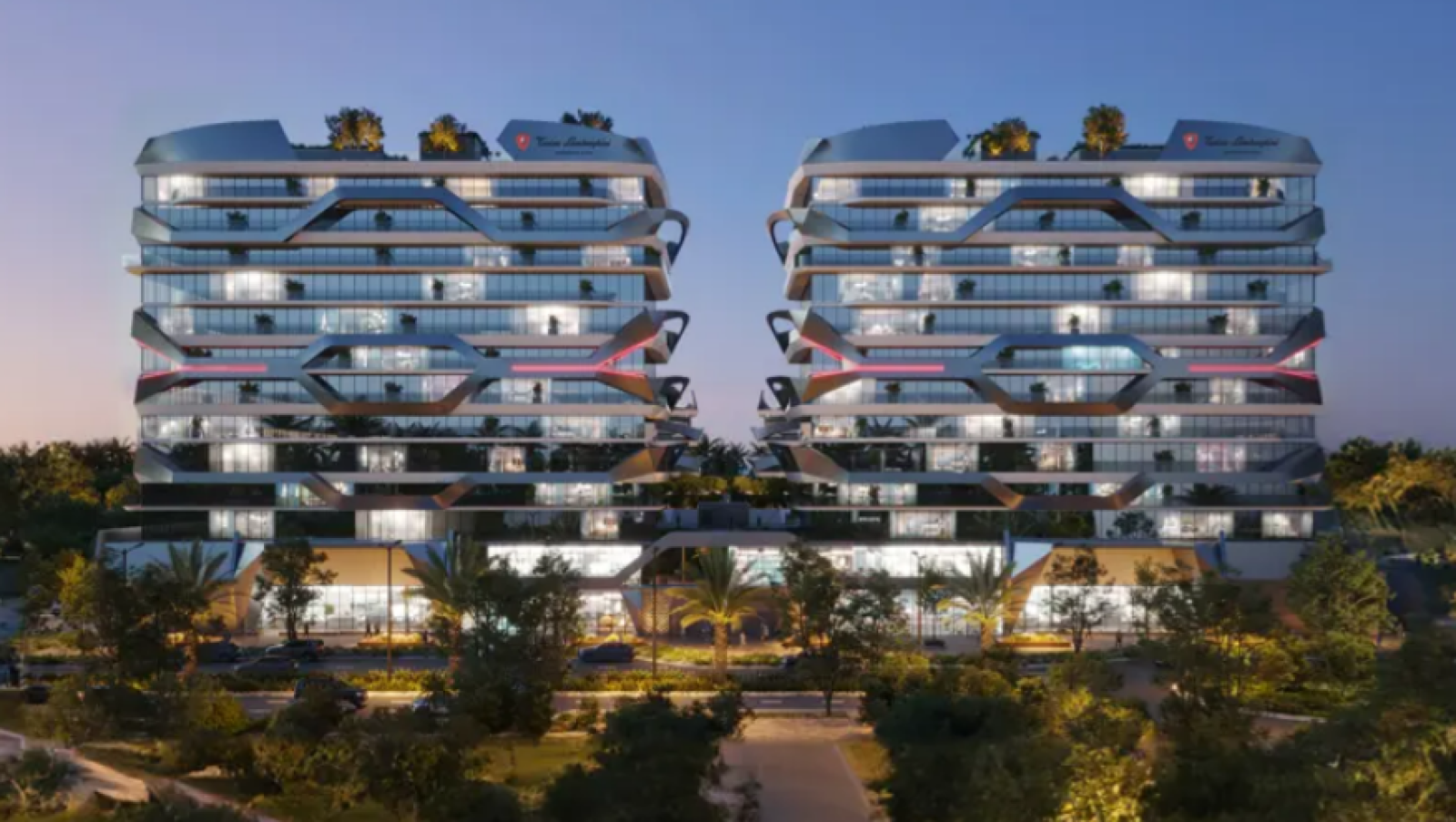The Role of Technology in Modern Dubai Real Estate
Dubai has always positioned itself as a forward-thinking city, and the real estate sector is no exception. The integration of technology in Dubai real estate is not just a trend—it’s a strategic shift reshaping how properties are bought, sold, managed, and experienced.
From digital transactions to AI-powered tools, the city’s property landscape is evolving rapidly, offering enhanced transparency, convenience, and insight for both investors and residents.
1. Smart Property Portals and AI Matching
One of the most visible changes in the Dubai real estate market is the rise of intelligent property portals. Platforms now use artificial intelligence to match buyers and tenants with listings based on behavior, preferences, and budget, reducing the time spent on manual searches.
AI also helps predict property values, neighborhood trends, and price fluctuations, enabling more informed decision-making.
2. Virtual Tours and Augmented Reality (AR)
The pandemic accelerated the adoption of virtual reality (VR) and augmented reality (AR) tools in property marketing. Now, buyers can view 3D walkthroughs, explore furnished mockups, and even visualize off-plan units before construction begins—all from their phone or desktop.
This innovation is especially useful for international investors or expats relocating to Dubai, as it eliminates the need for in-person site visits.
3. Blockchain and Digital Contracts
Dubai has been a global pioneer in using blockchain in real estate. The Dubai Land Department (DLD) has integrated blockchain for title deed issuance, secure document transfers, and e-registration.
This technology ensures transparency, eliminates document fraud, and accelerates the buying process, making transactions more secure and efficient.
4. Smart Home Integration and IoT
Modern properties—particularly in high-end areas like Downtown Dubai, Dubai Hills Estate, and Emaar Beachfront—are increasingly delivered with smart home technology. These include automated lighting, climate control, security systems, and voice-activated features.
These innovations not only boost convenience but also support sustainability by optimizing energy usage, adding to the value and appeal of tech-enabled properties in Dubai.
5. Proptech for Developers and Brokers
Developers and real estate brokers in Dubai are using CRM platforms, big data analytics, and digital marketing tools to manage inventory, optimize pricing, and generate leads more effectively. These tools help streamline operations, reduce costs, and improve client service.
Smart dashboards allow brokers to track leads, analyze conversion rates, and customize recommendations—transforming how deals are sourced and closed.
6. Government-Backed Digital Ecosystems
Initiatives like the Dubai REST app (Real Estate Self Transaction) allow property owners to complete transactions digitally, including Ejari registration, property valuations, and title deed transfers—all without visiting government offices.
This fully digital infrastructure sets a new global standard for government-led real estate transformation.
7. Future Outlook: AI, Big Data, and the Metaverse
Looking ahead, the Dubai property market is expected to embrace deeper layers of tech such as big data forecasting, AI-generated valuations, and even virtual property sales through the metaverse. Developers are already testing digital showrooms and NFT-backed property ownership models.
Conclusion
The integration of technology in modern Dubai real estate is making the market smarter, faster, and more accessible. For investors, homeowners, and developers, these innovations are not just conveniences—they’re competitive advantages. As Dubai continues to lead the region in smart city transformation, tech-enabled real estate will only gain ground.

